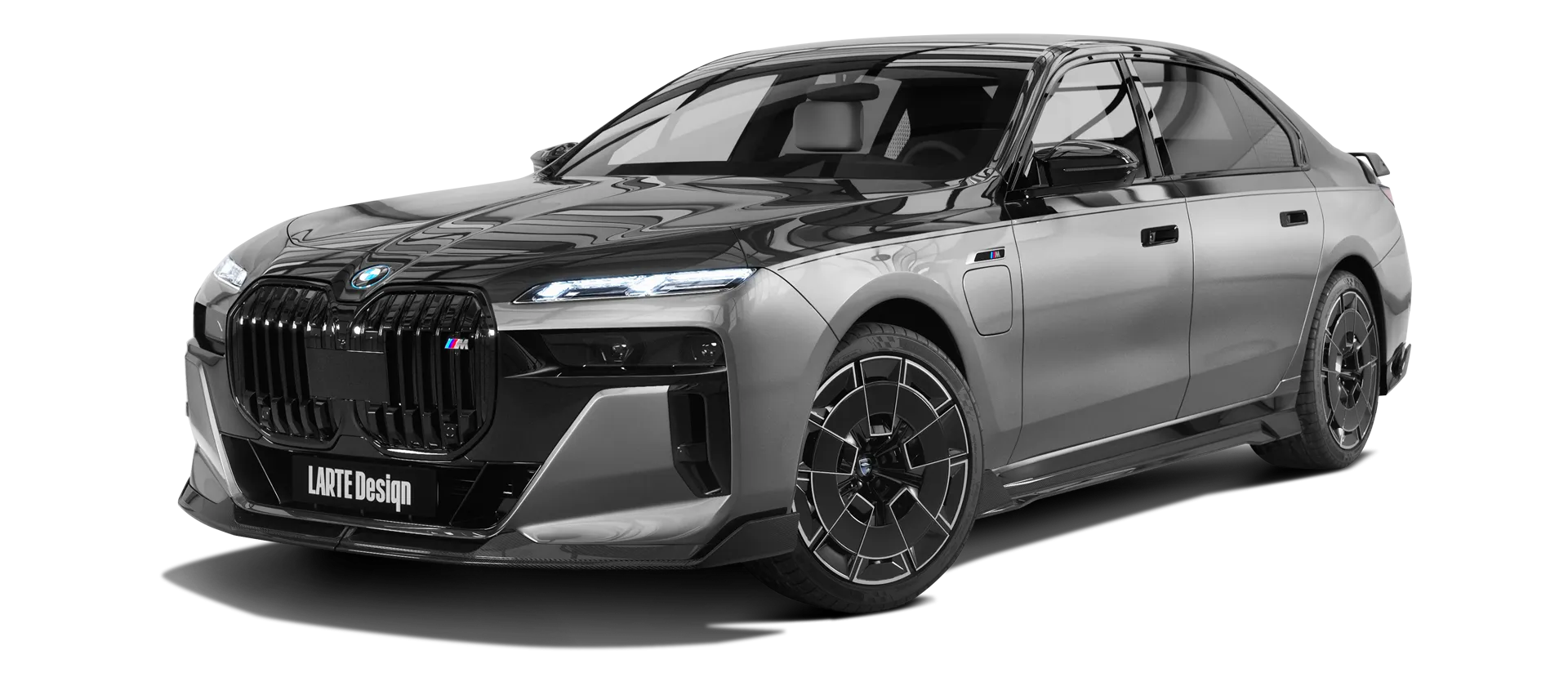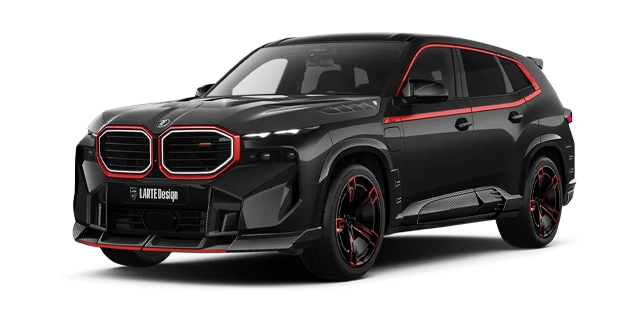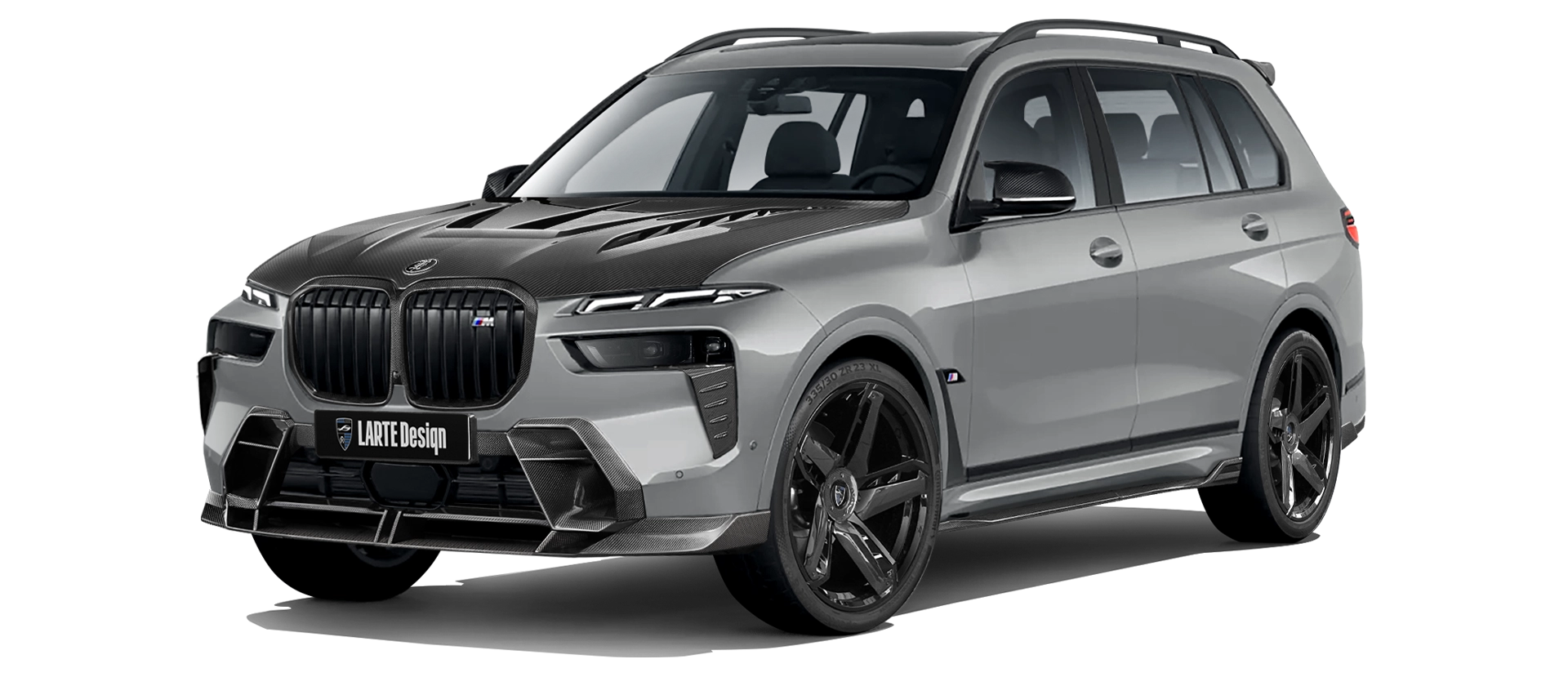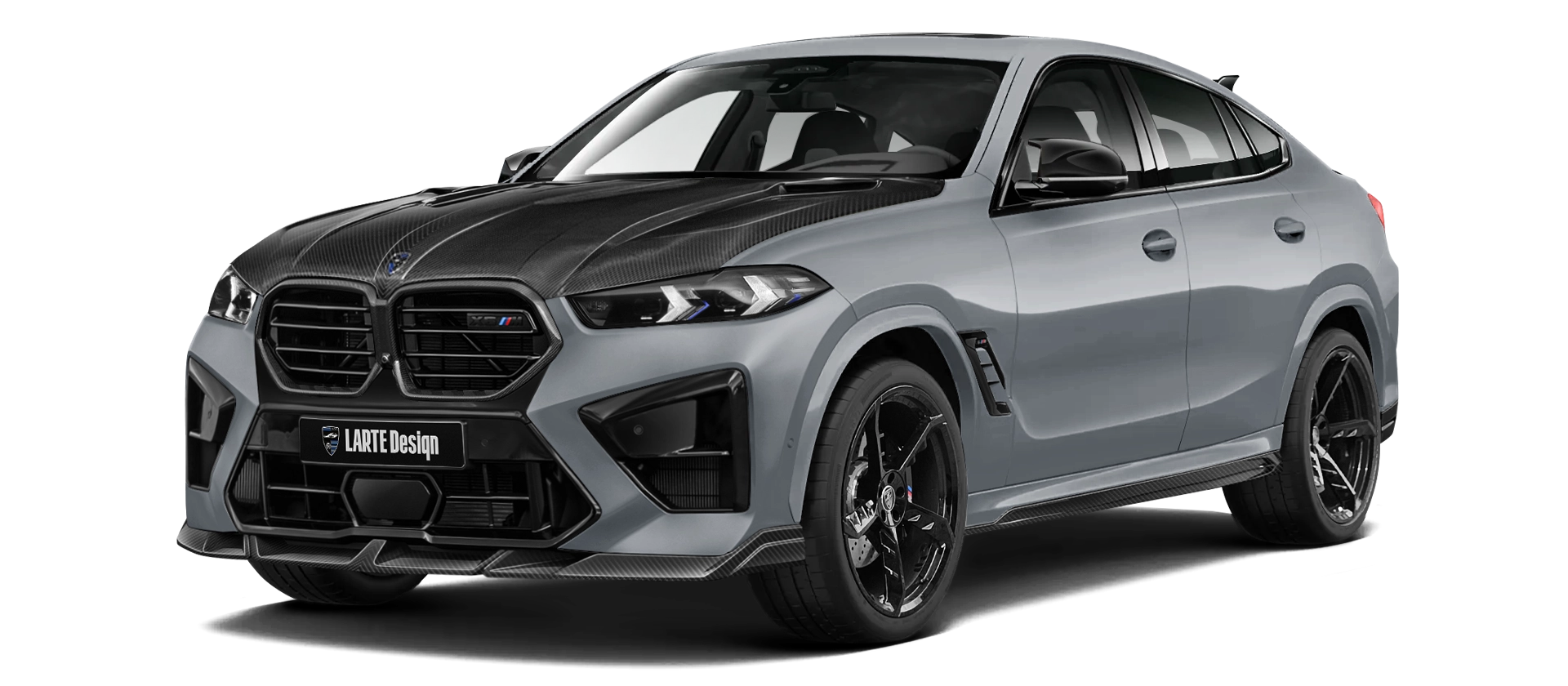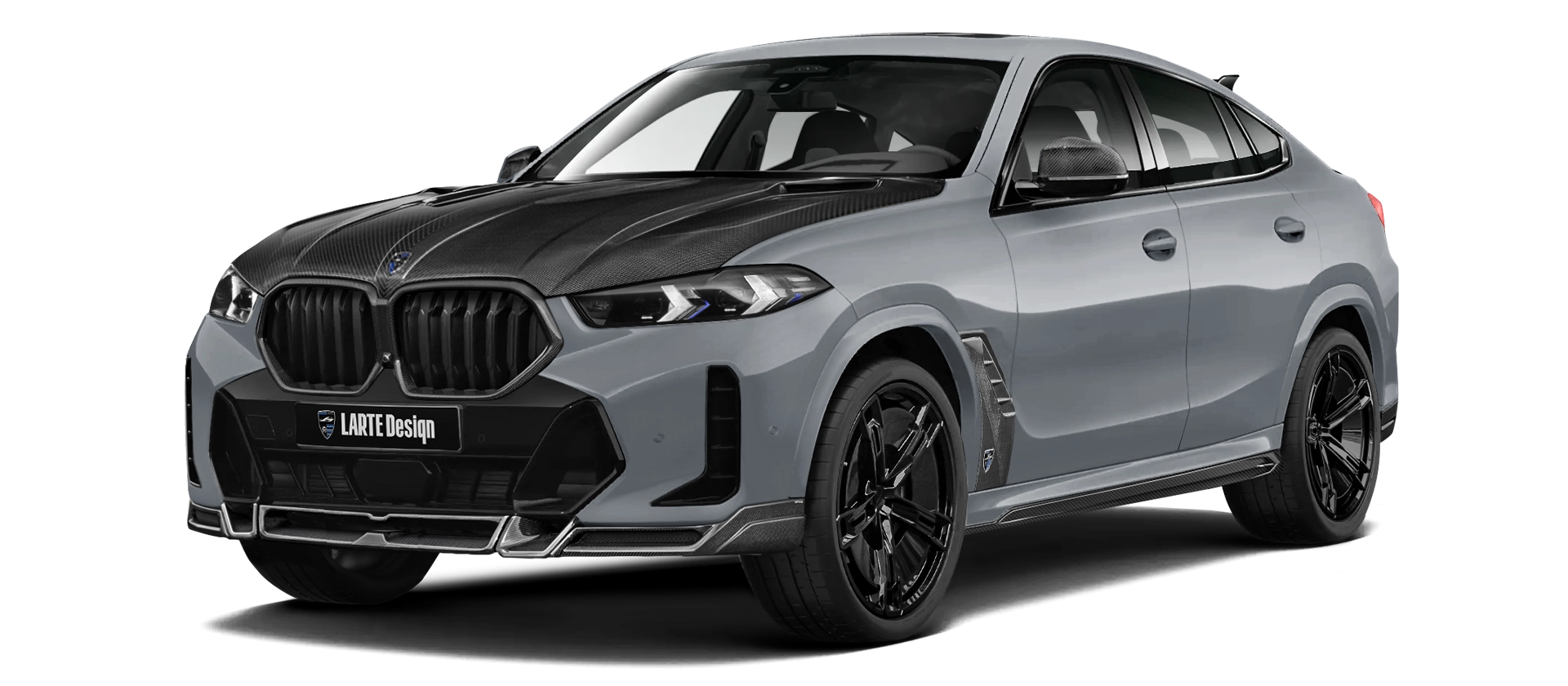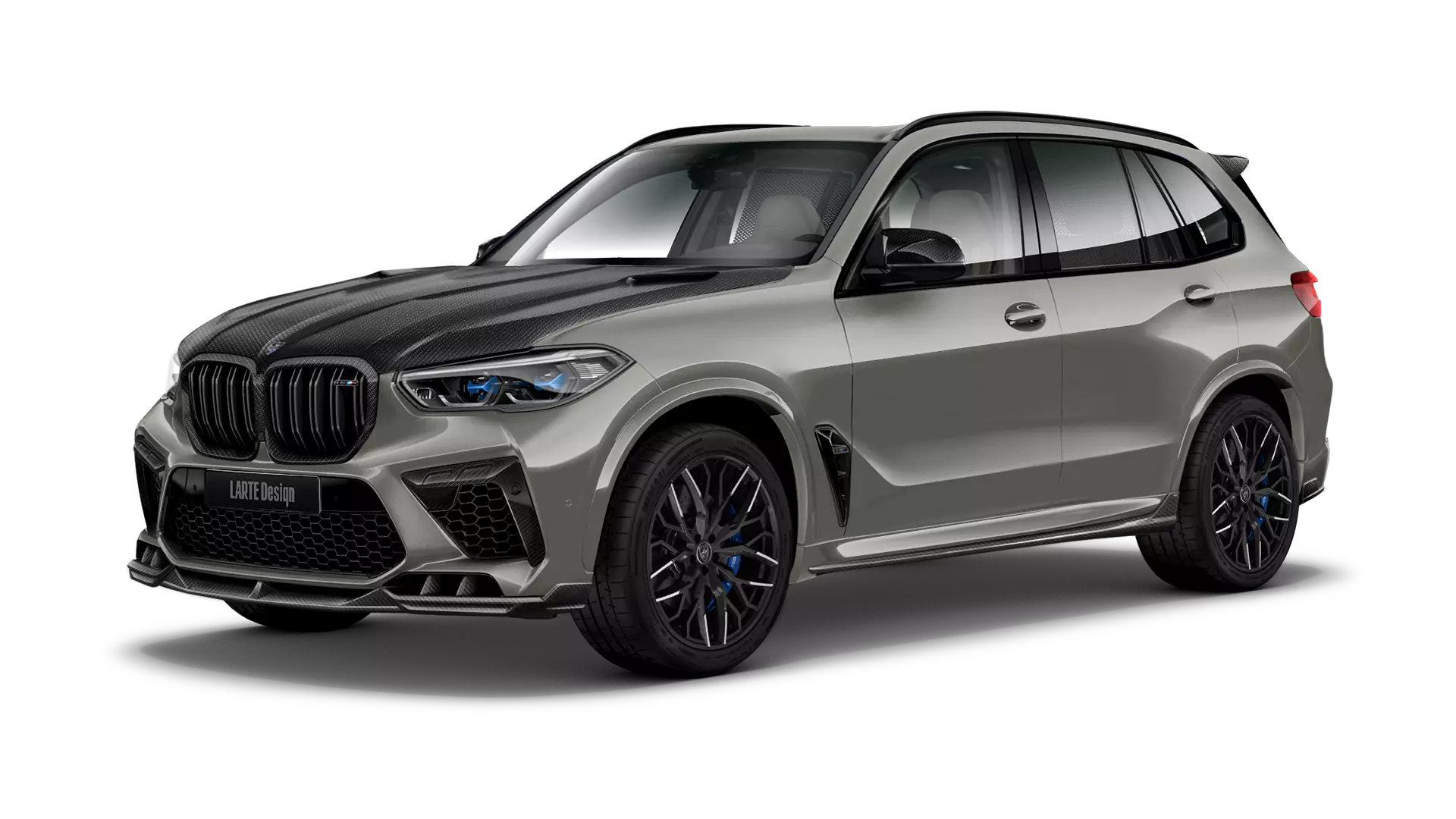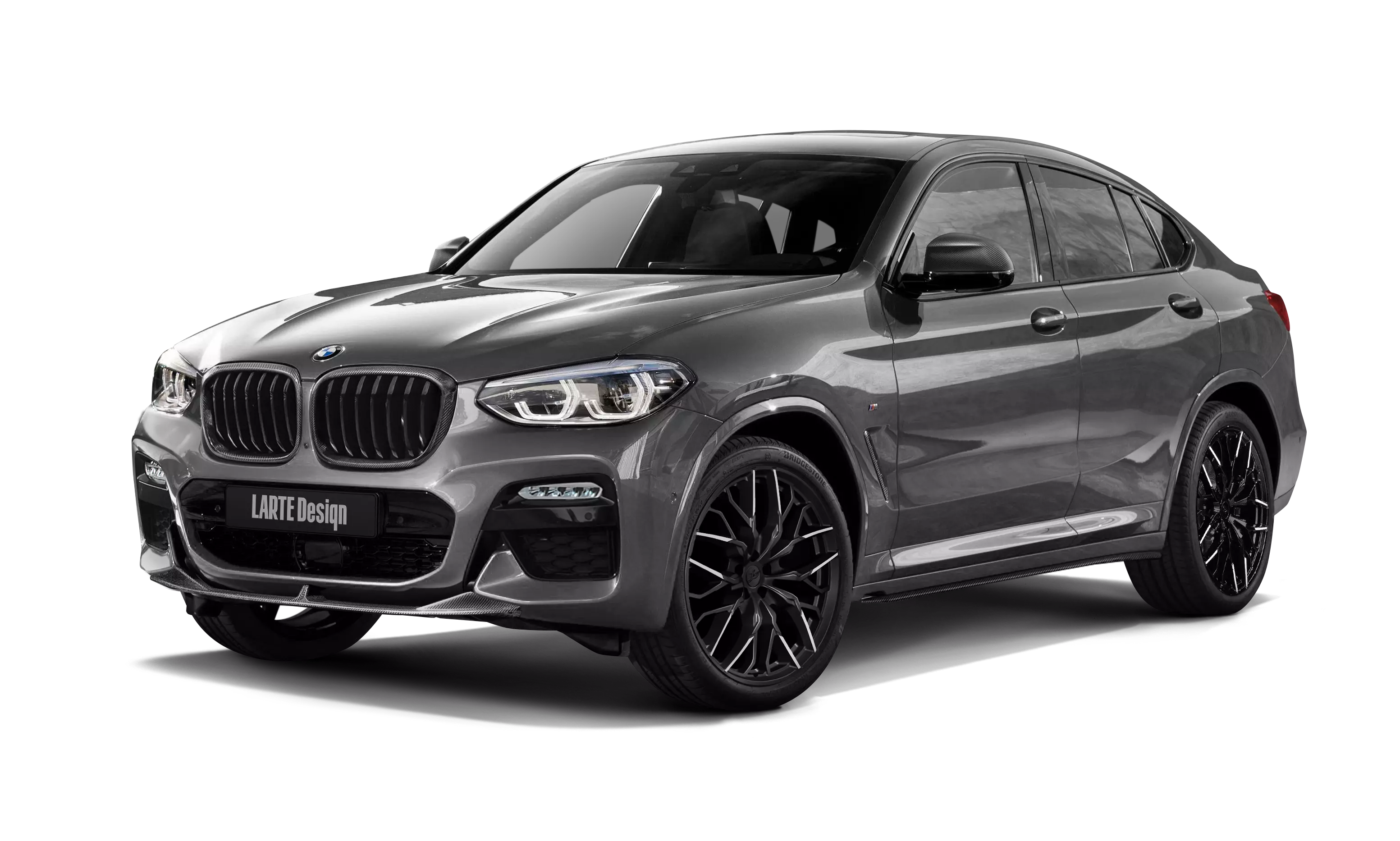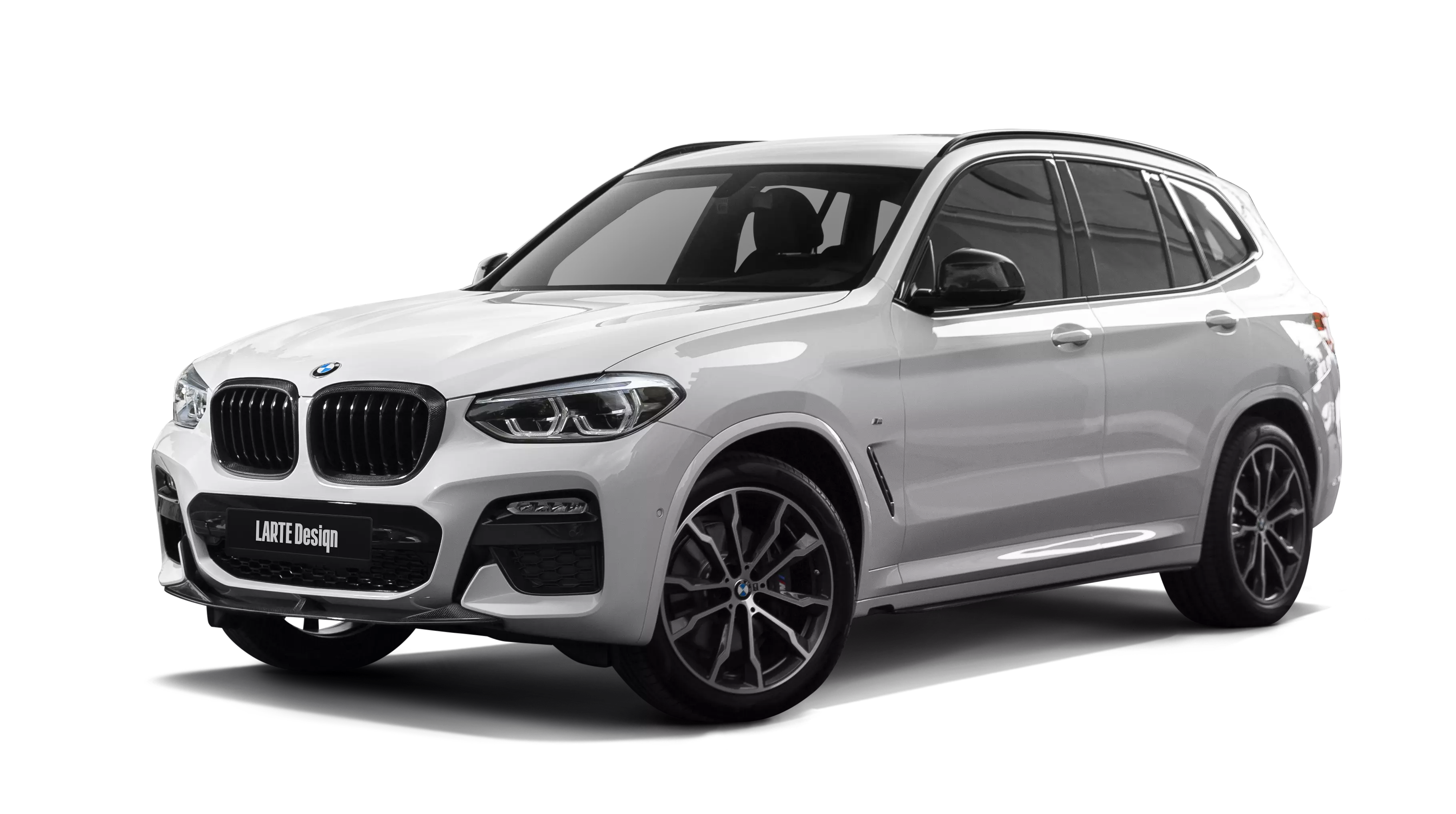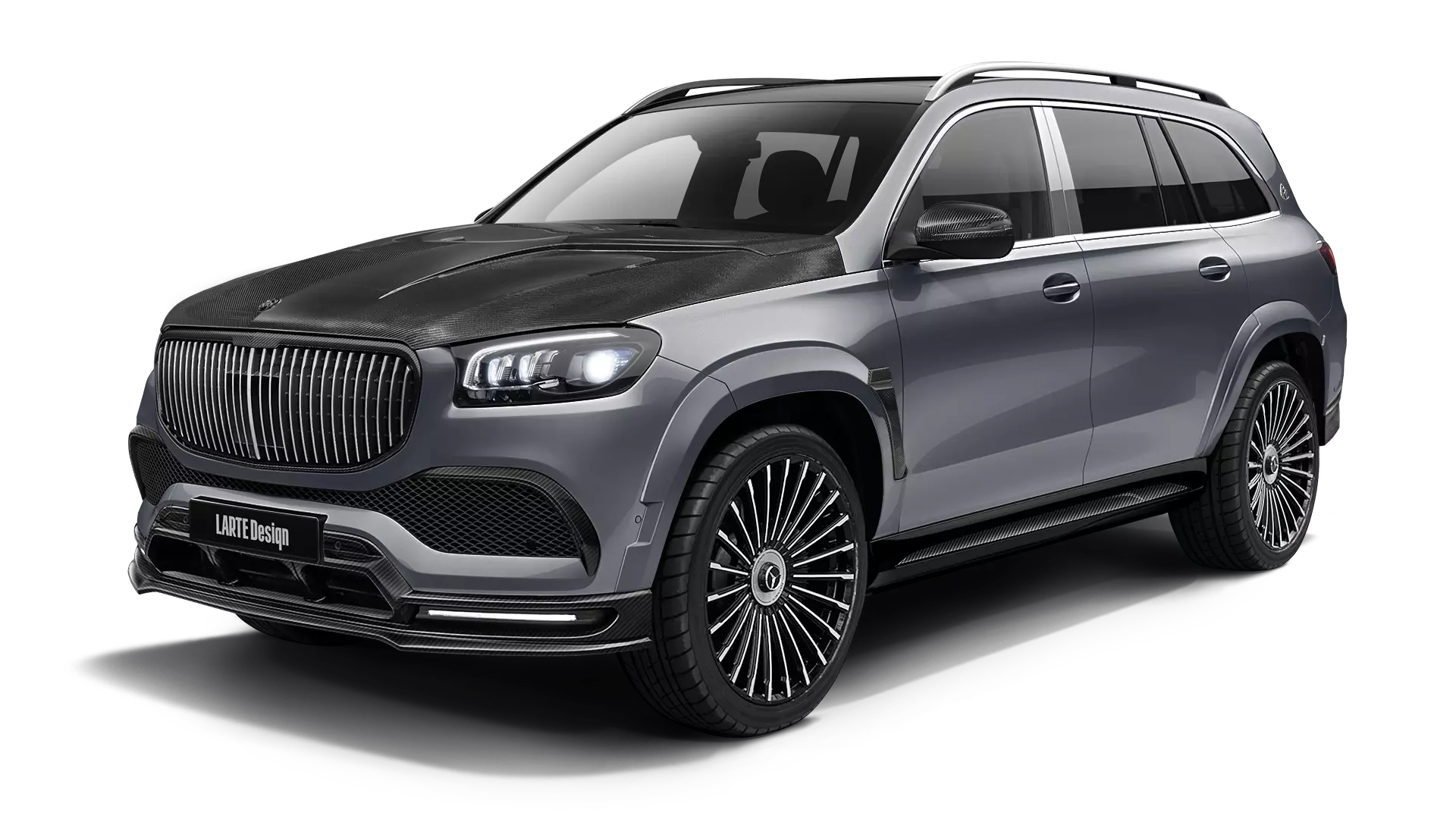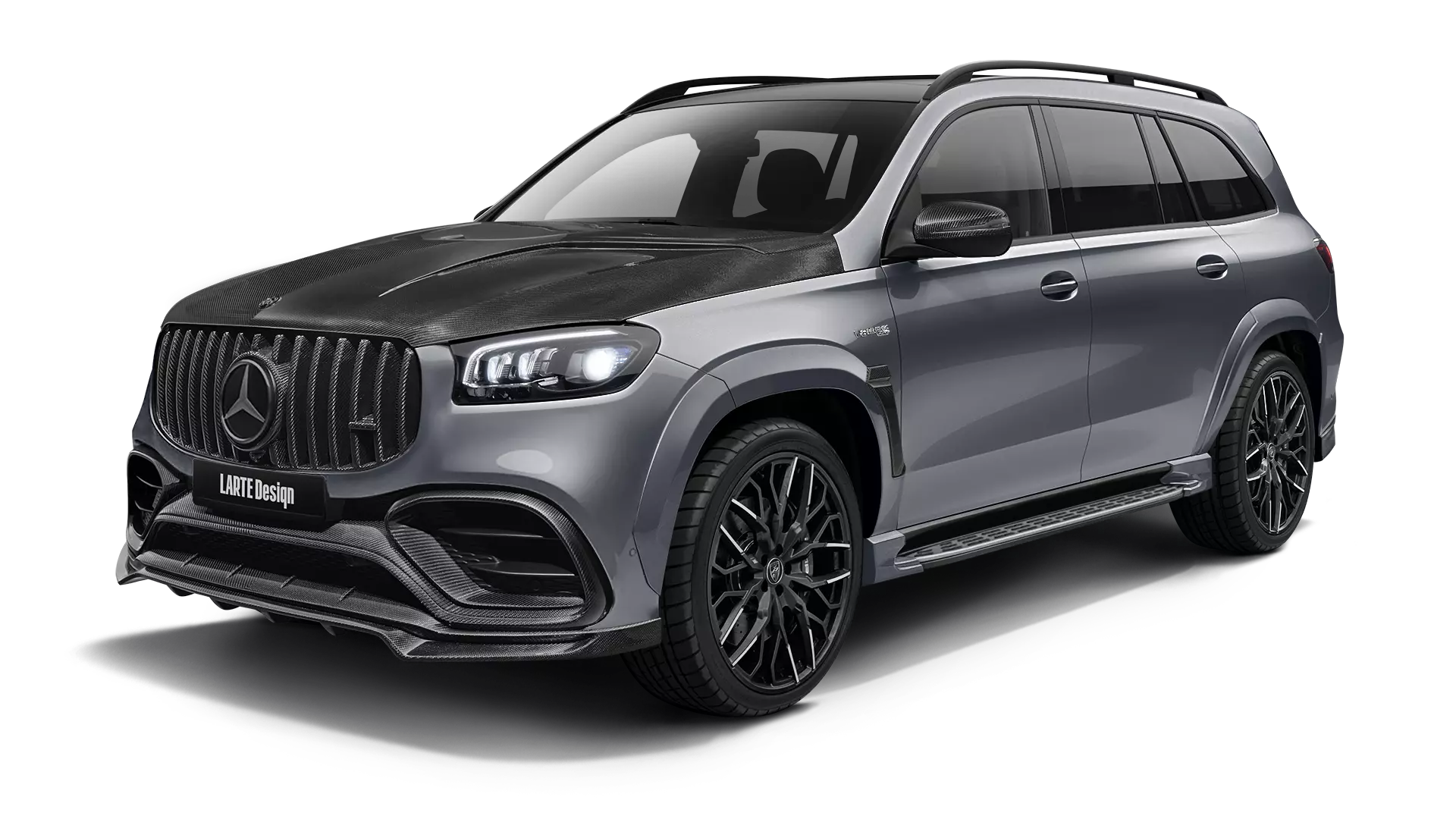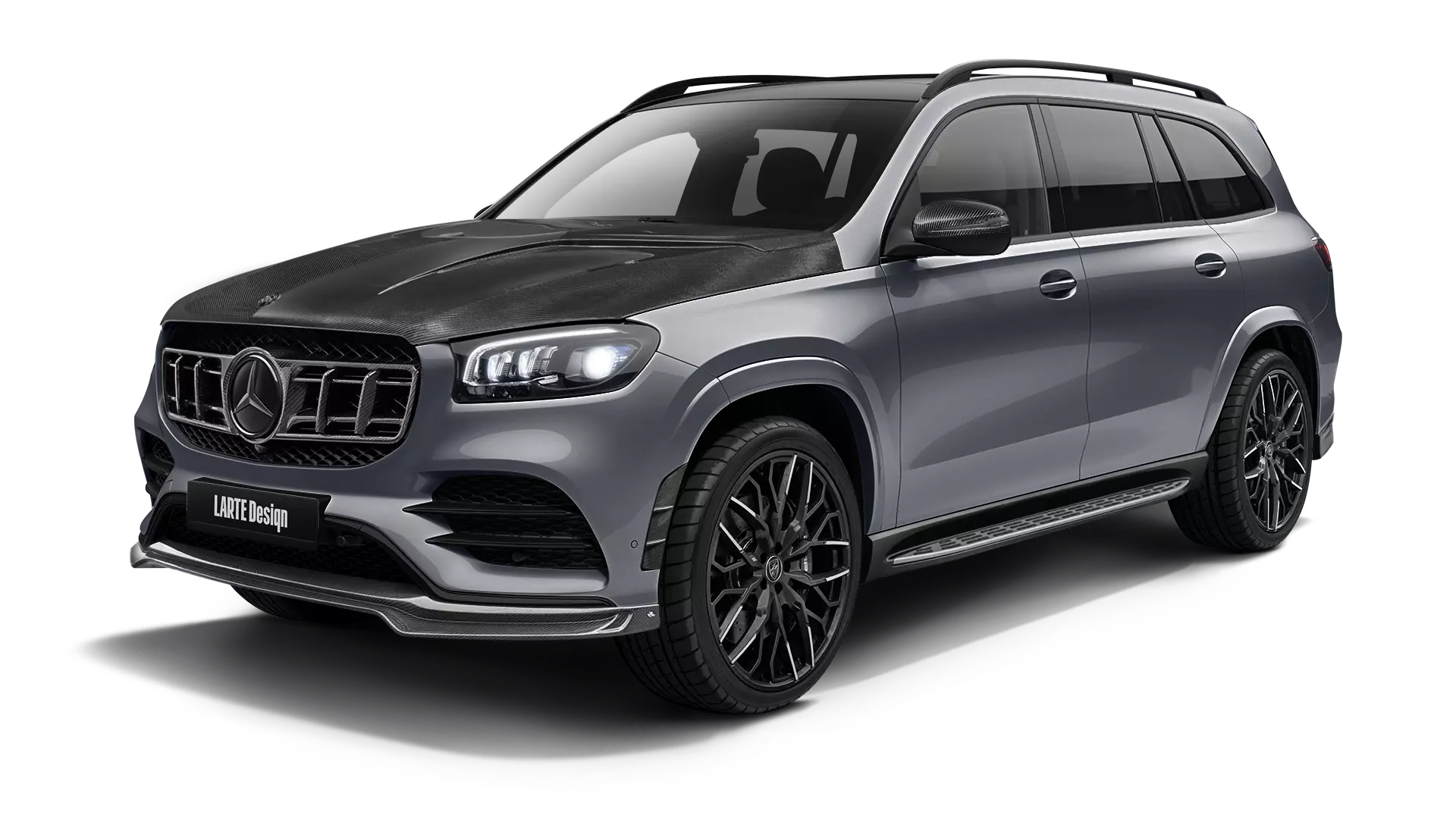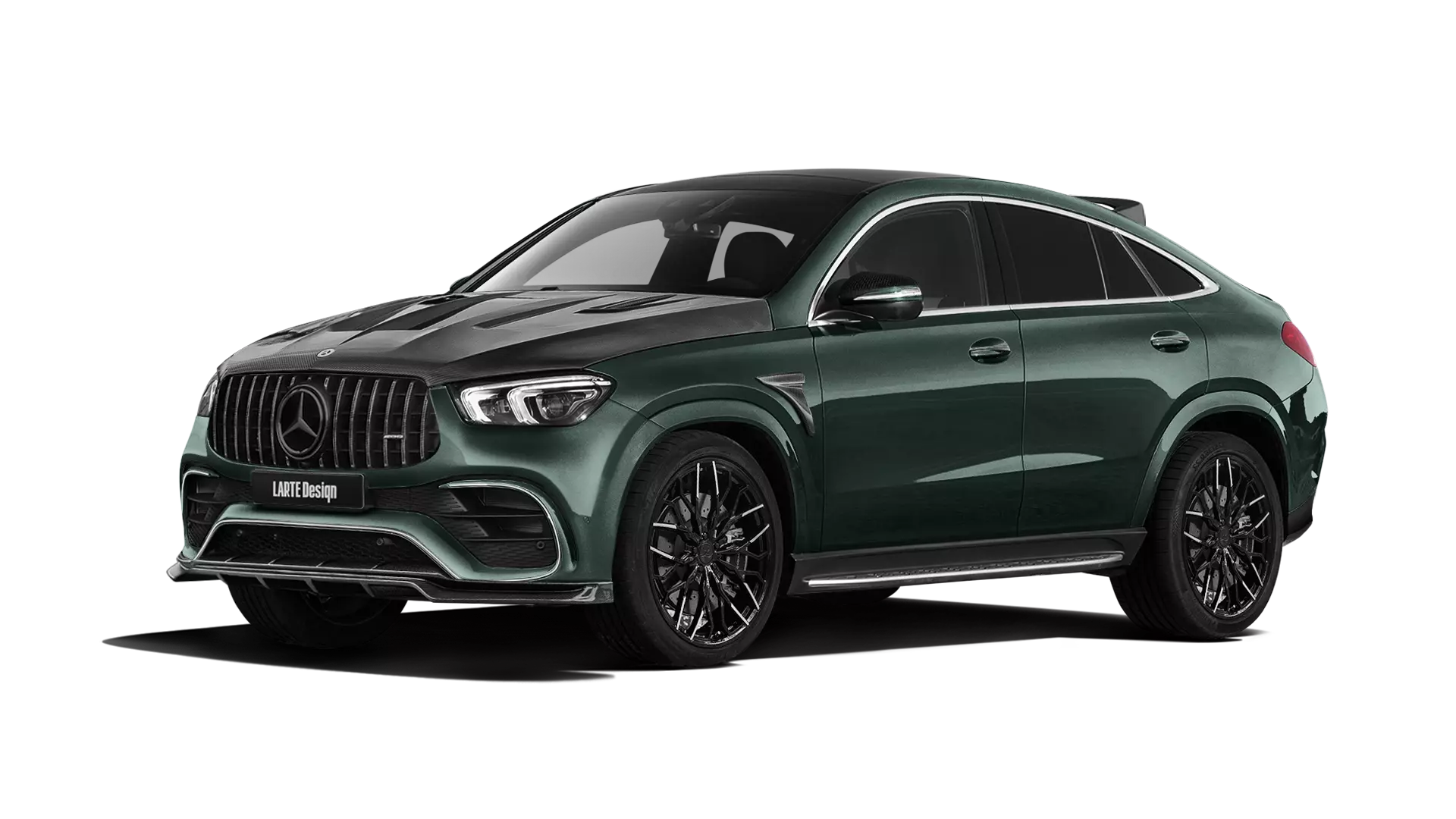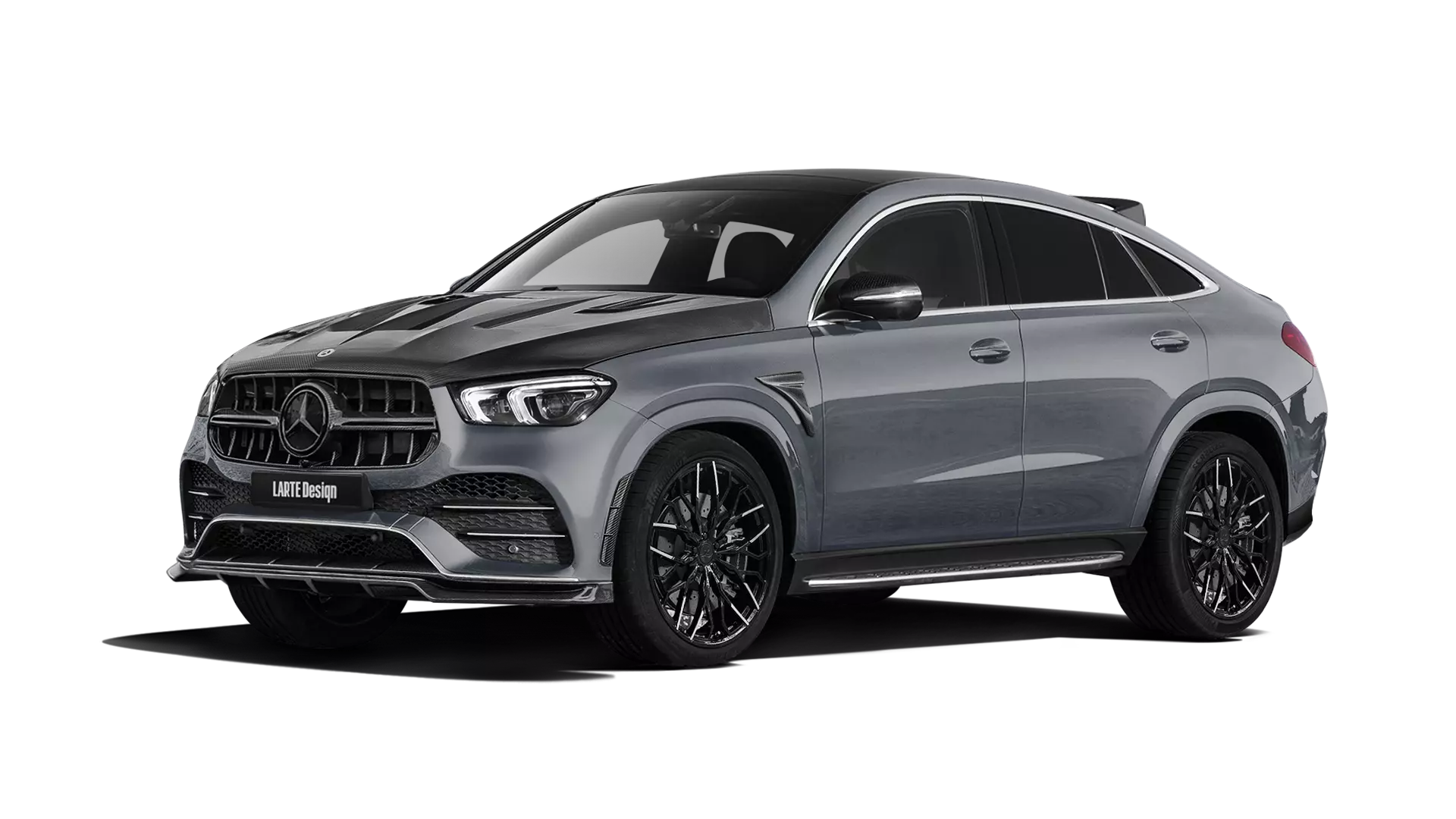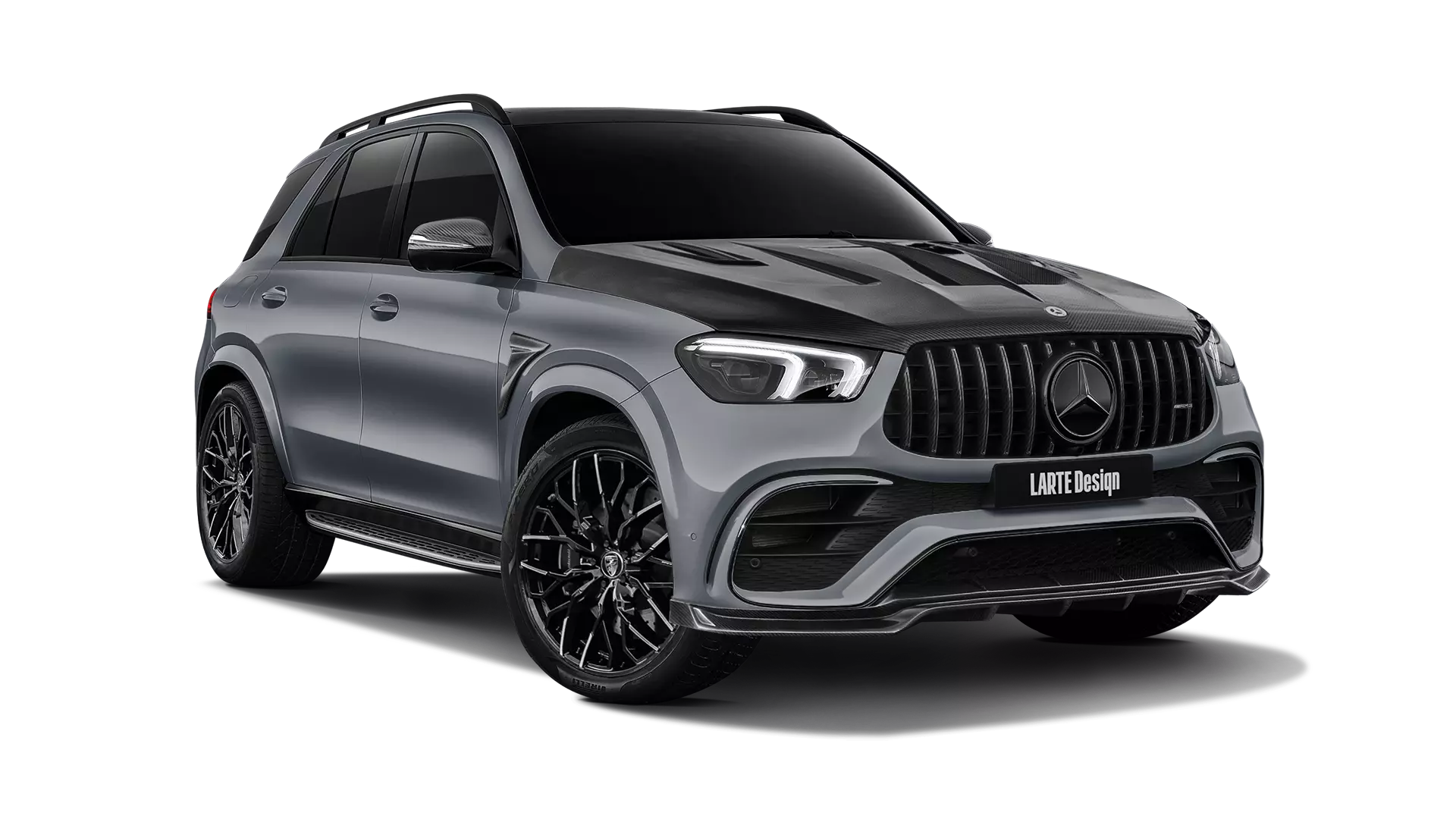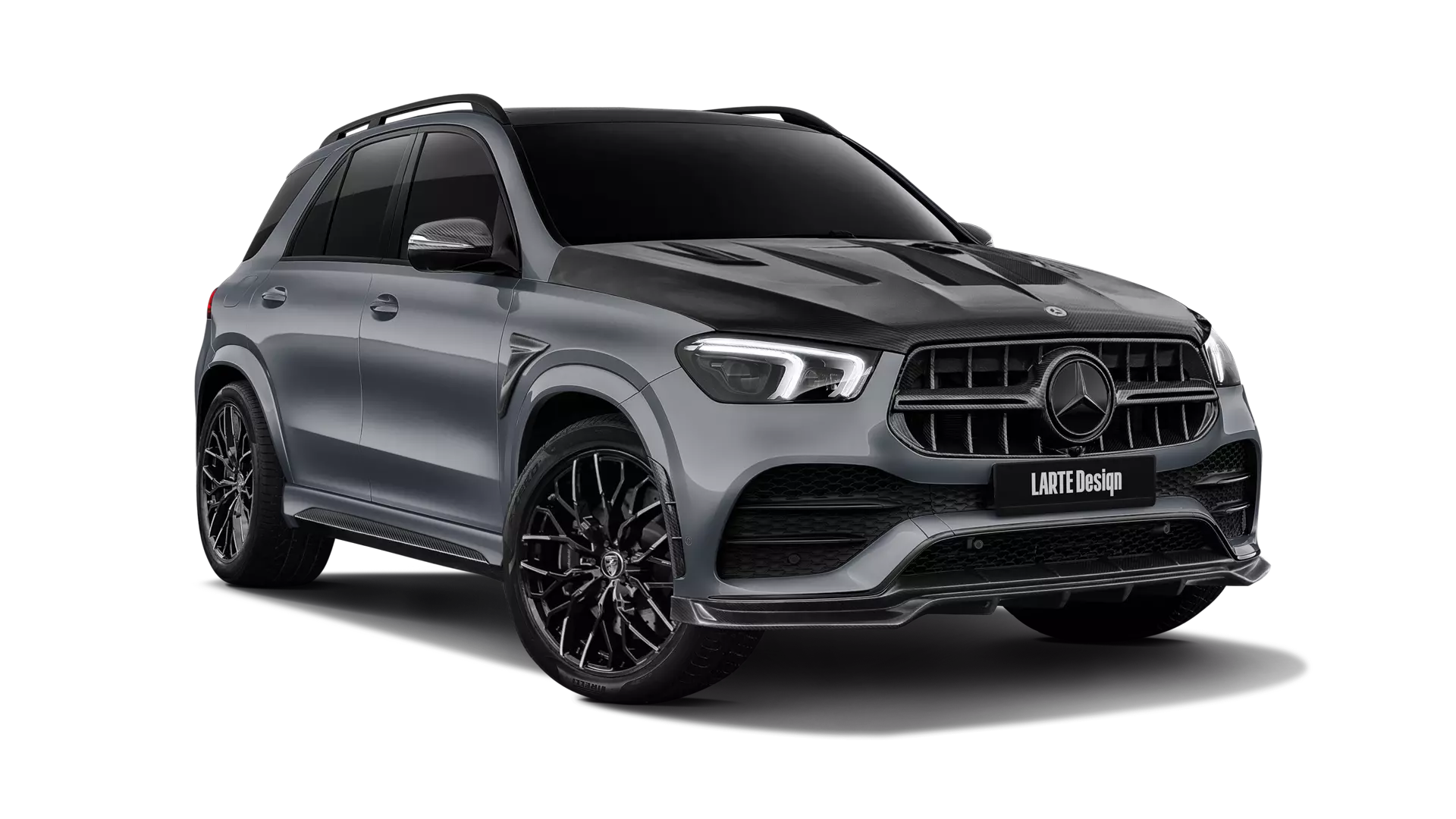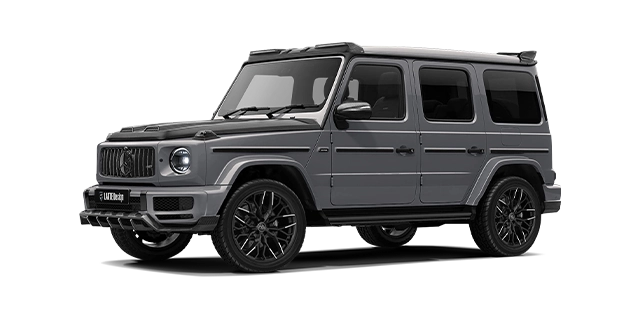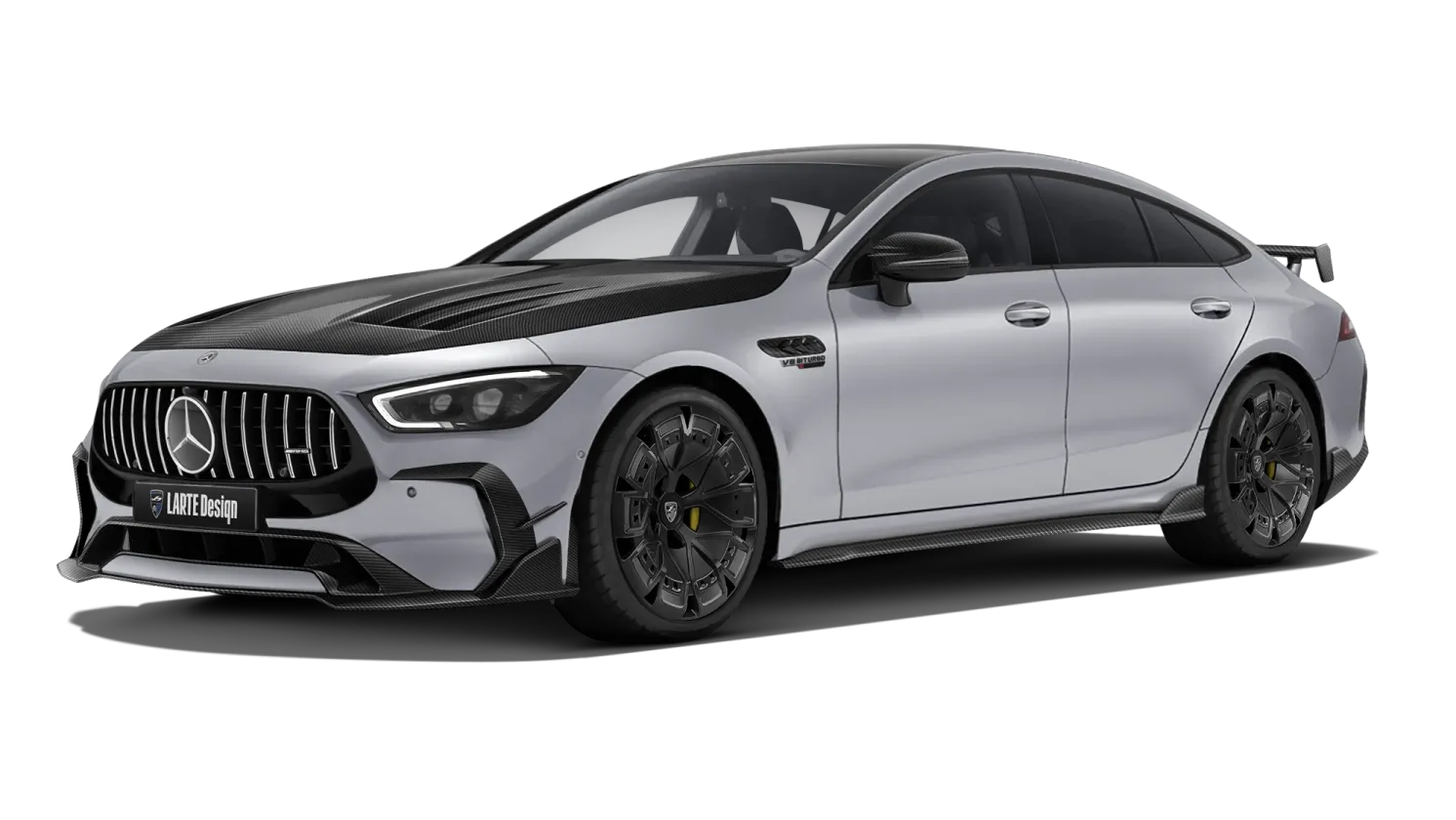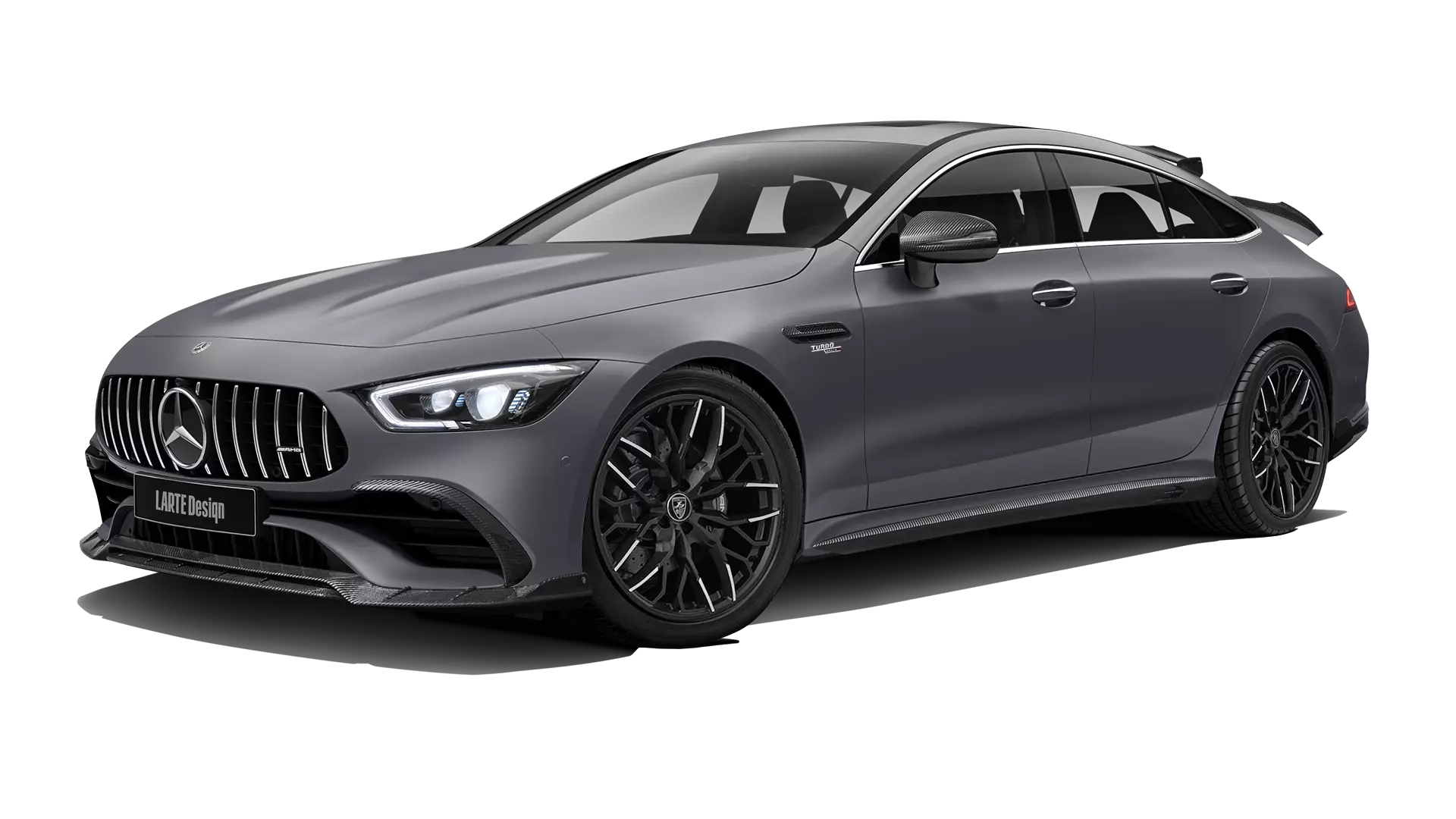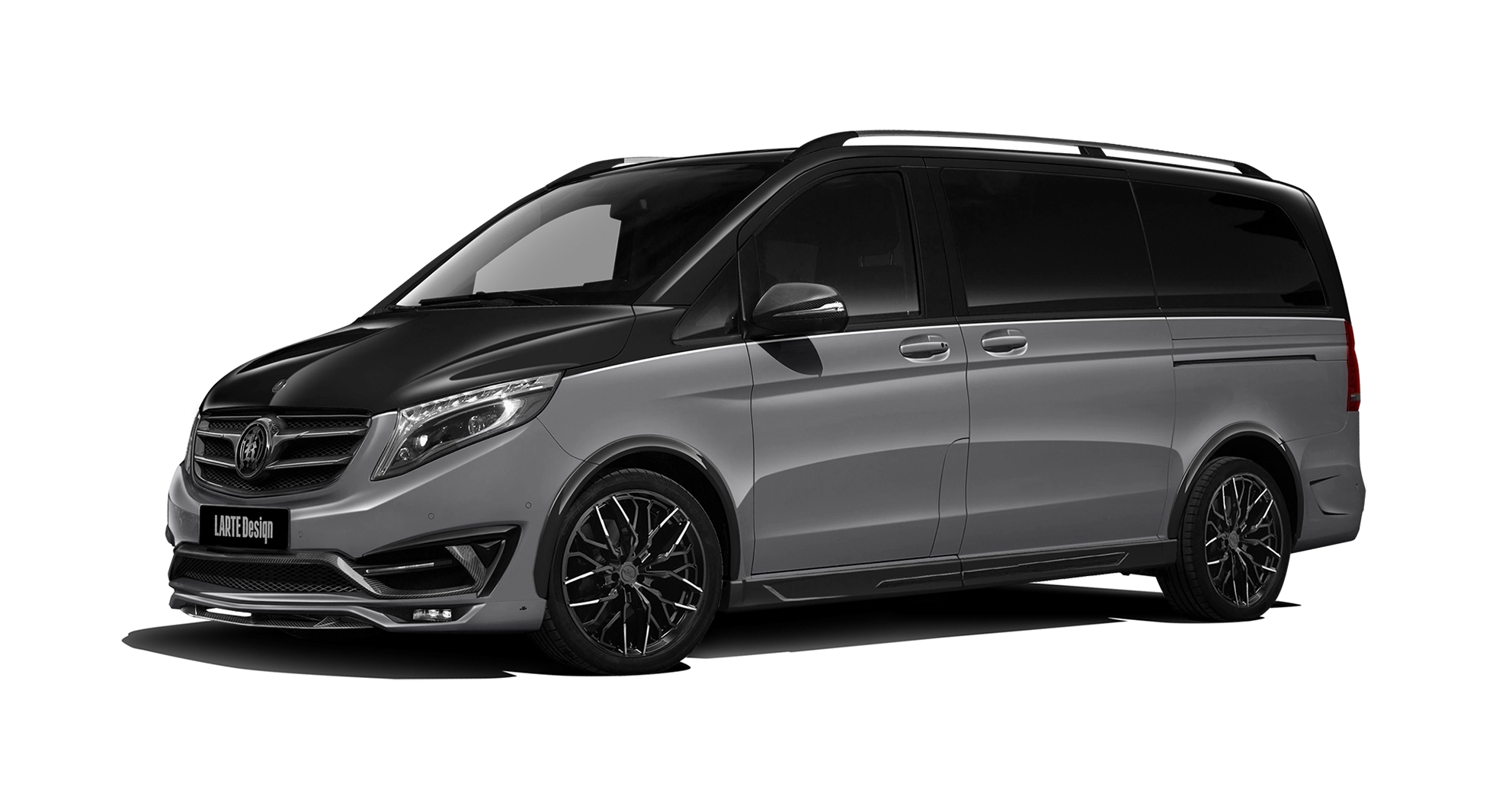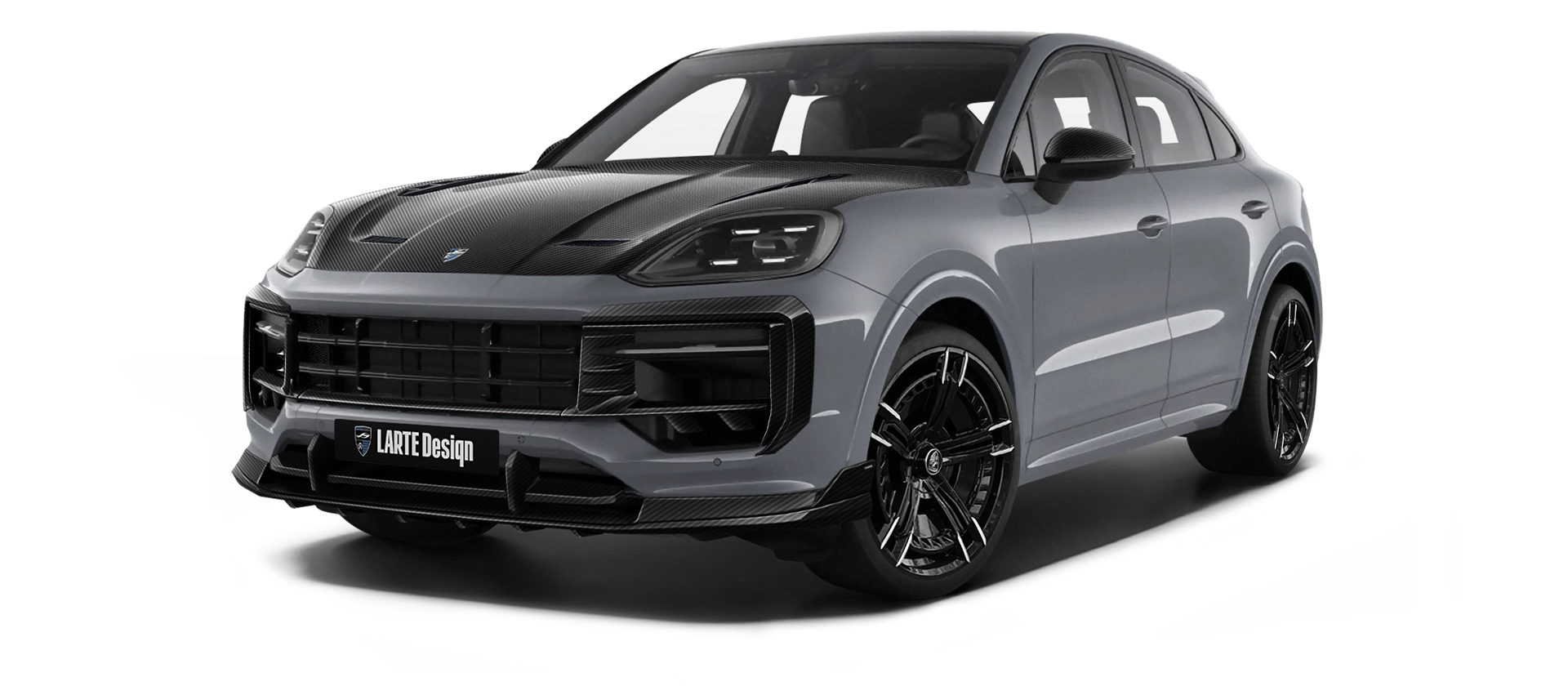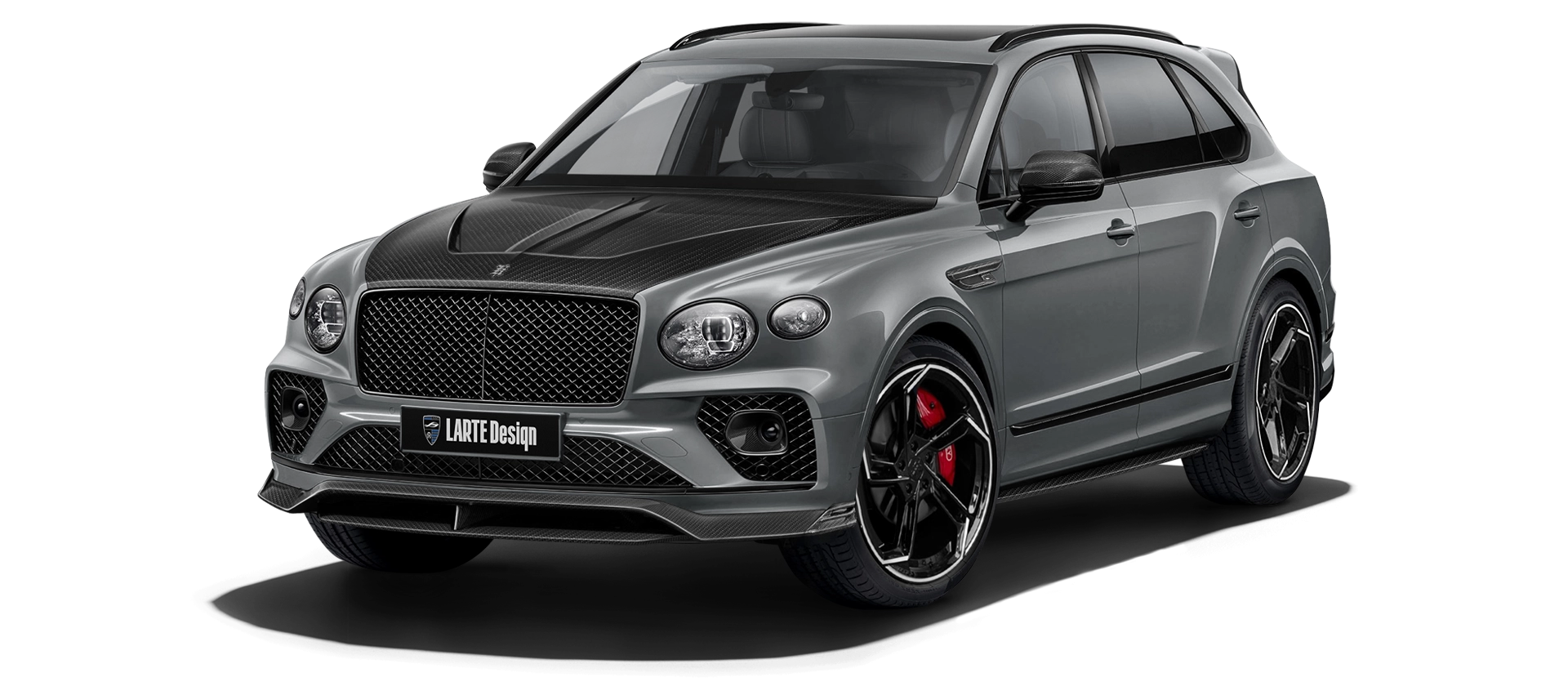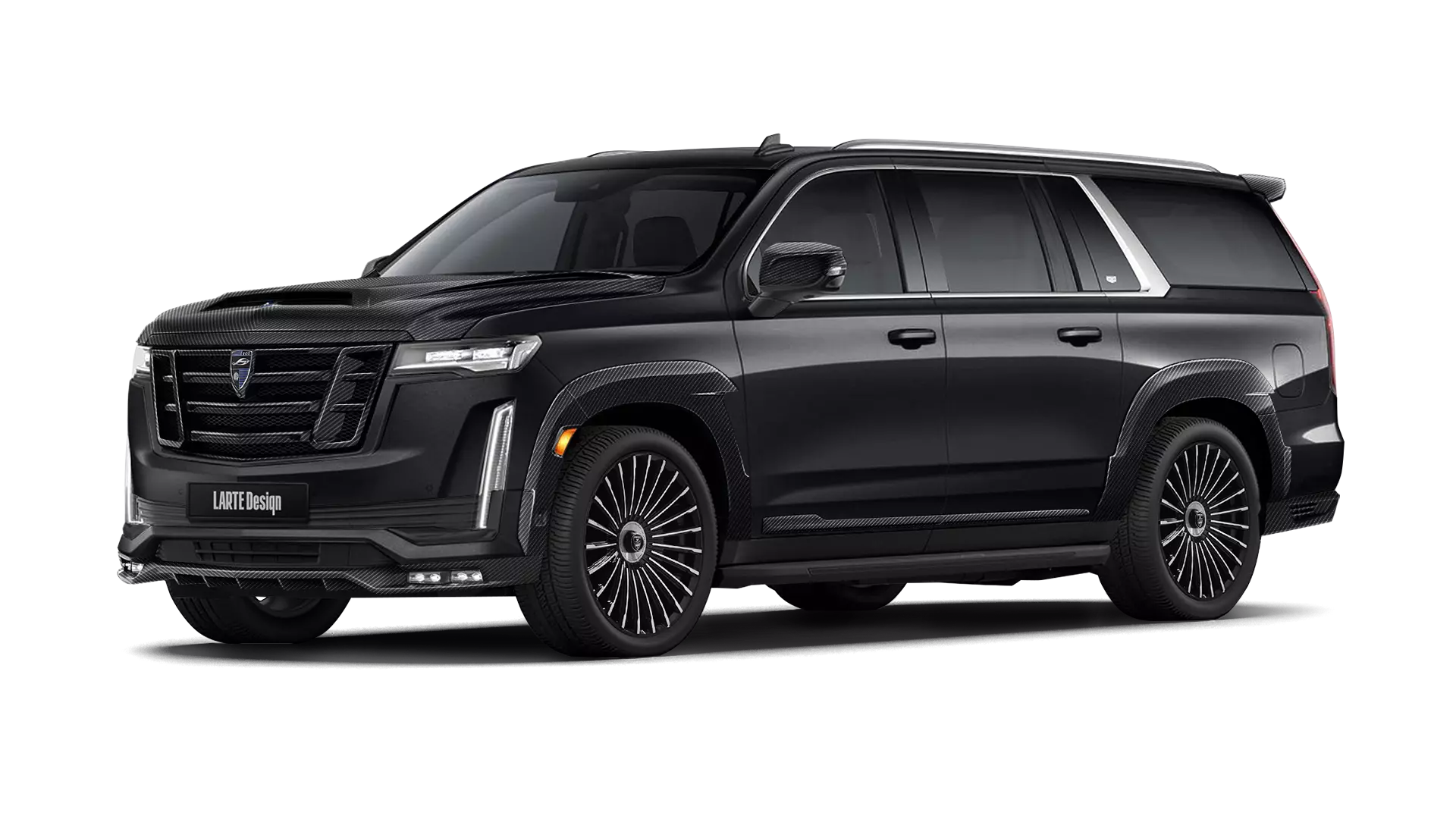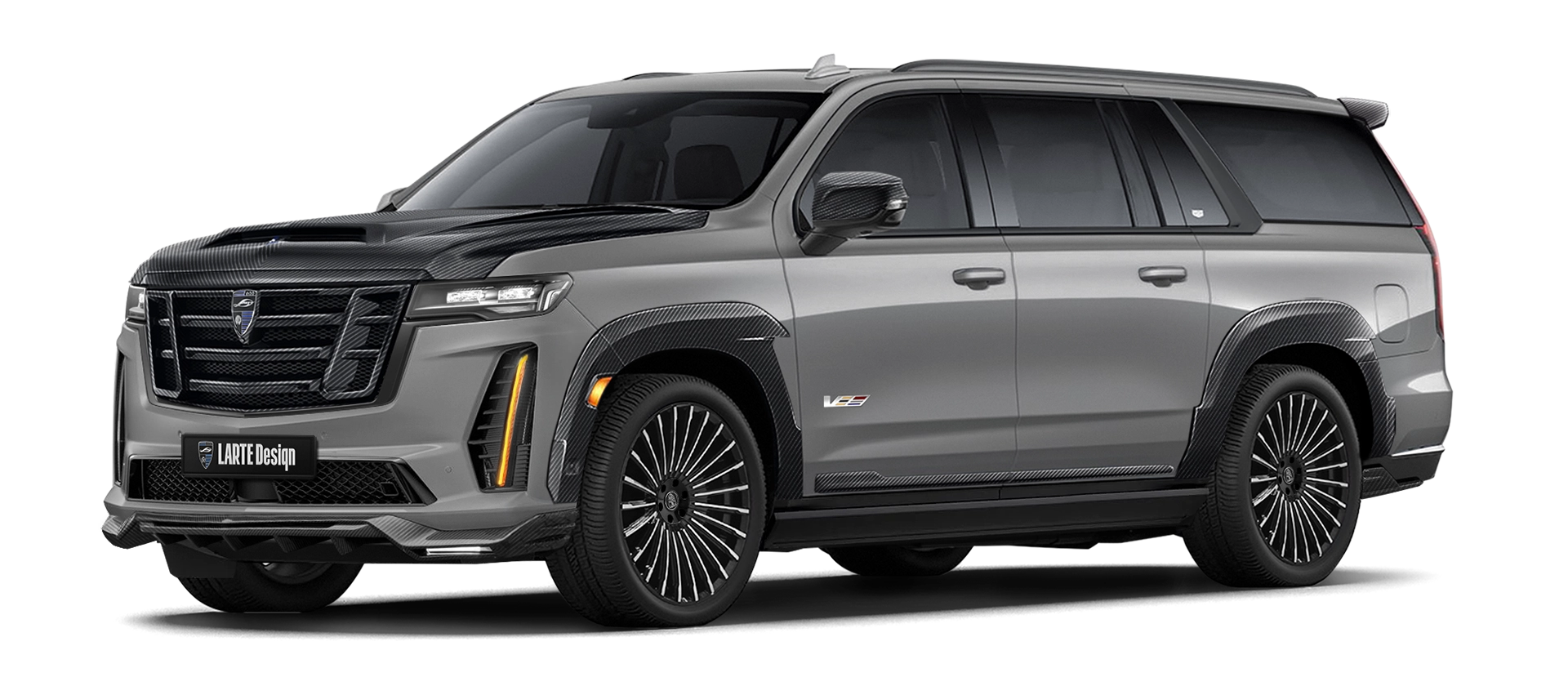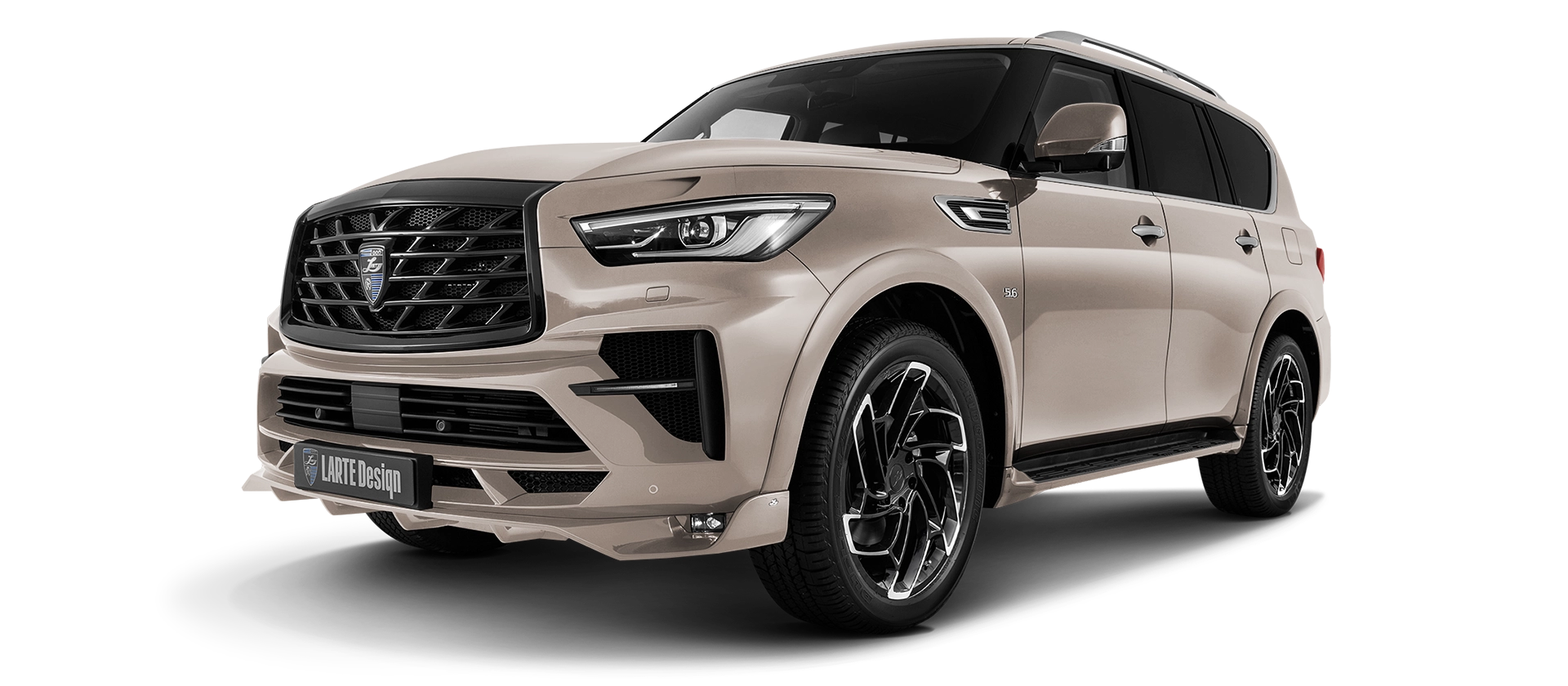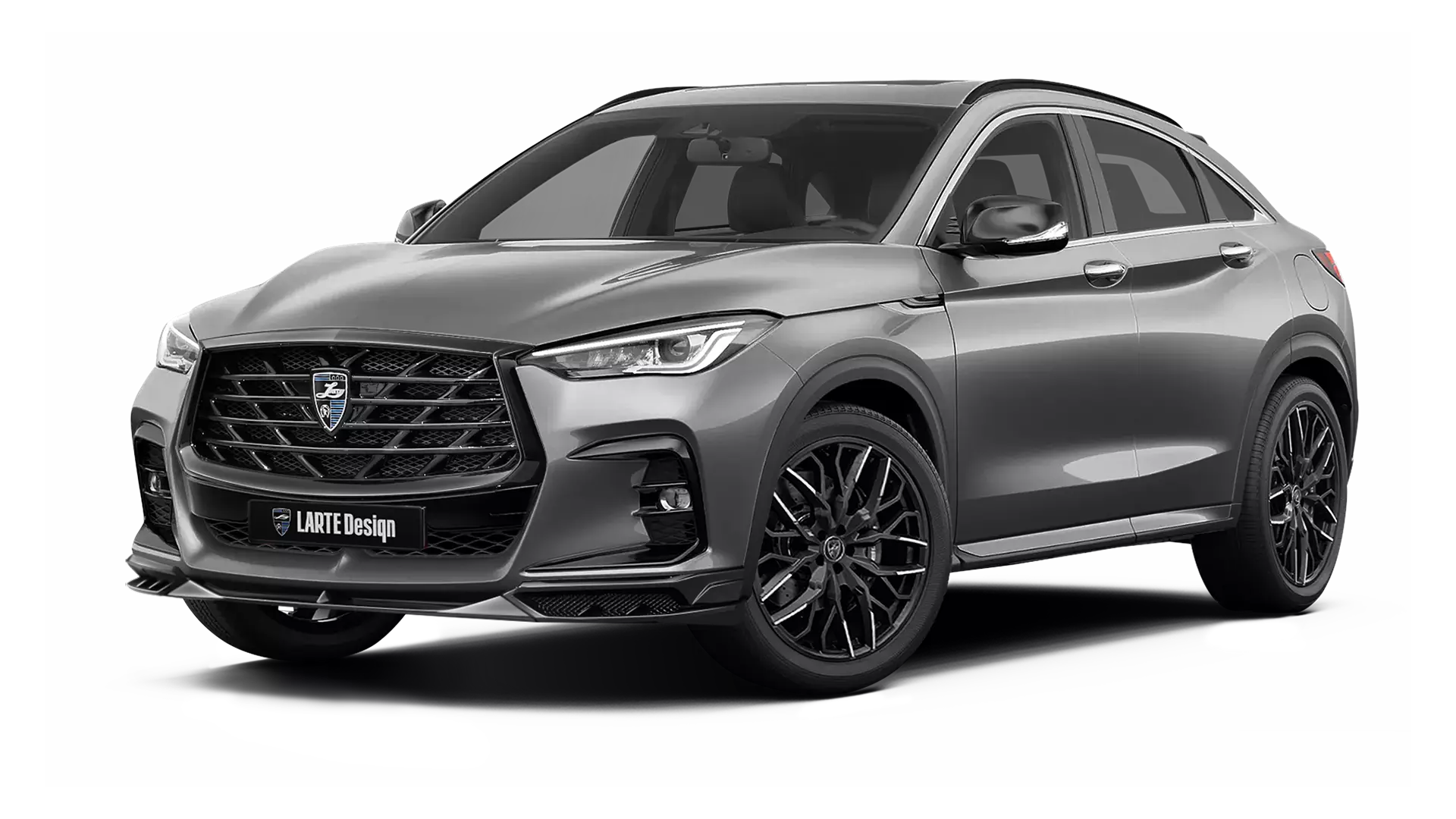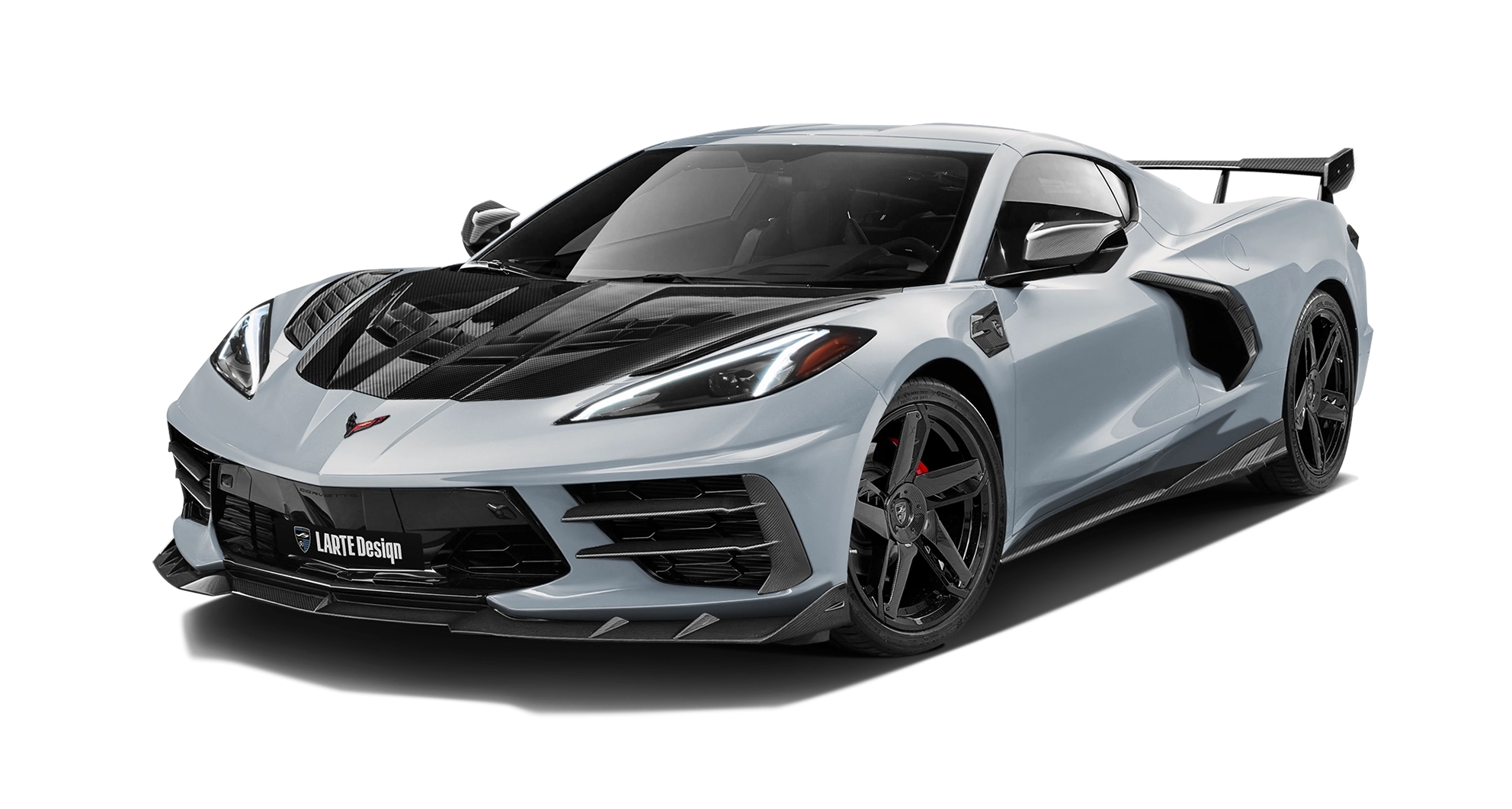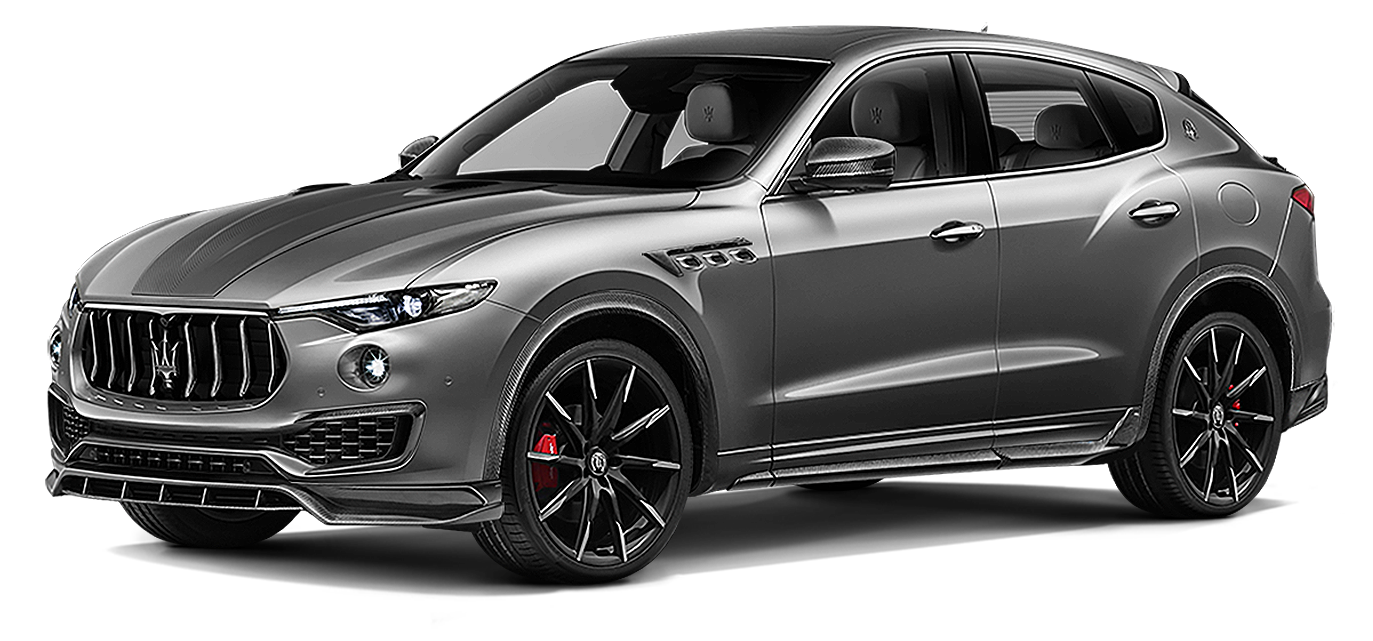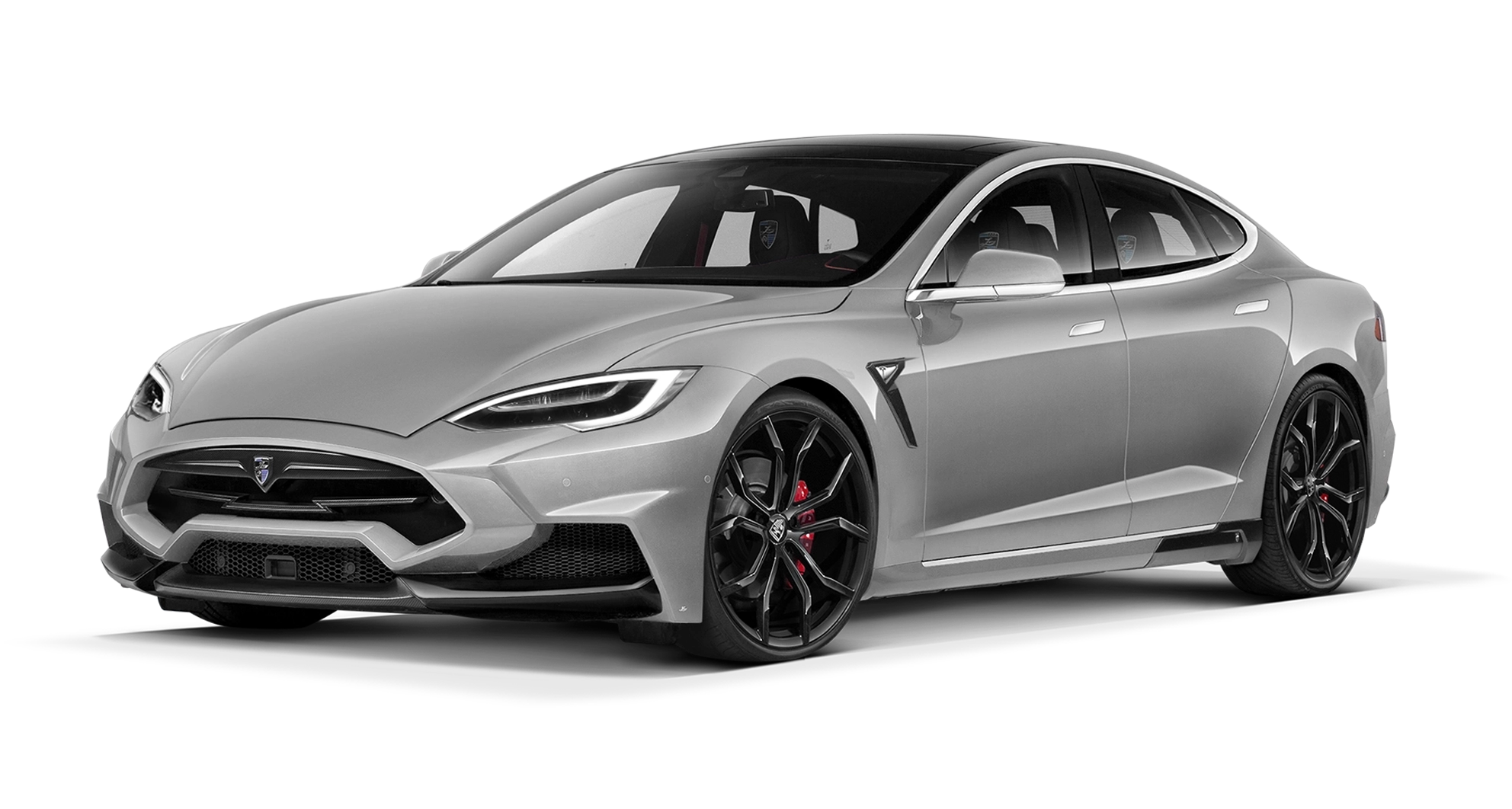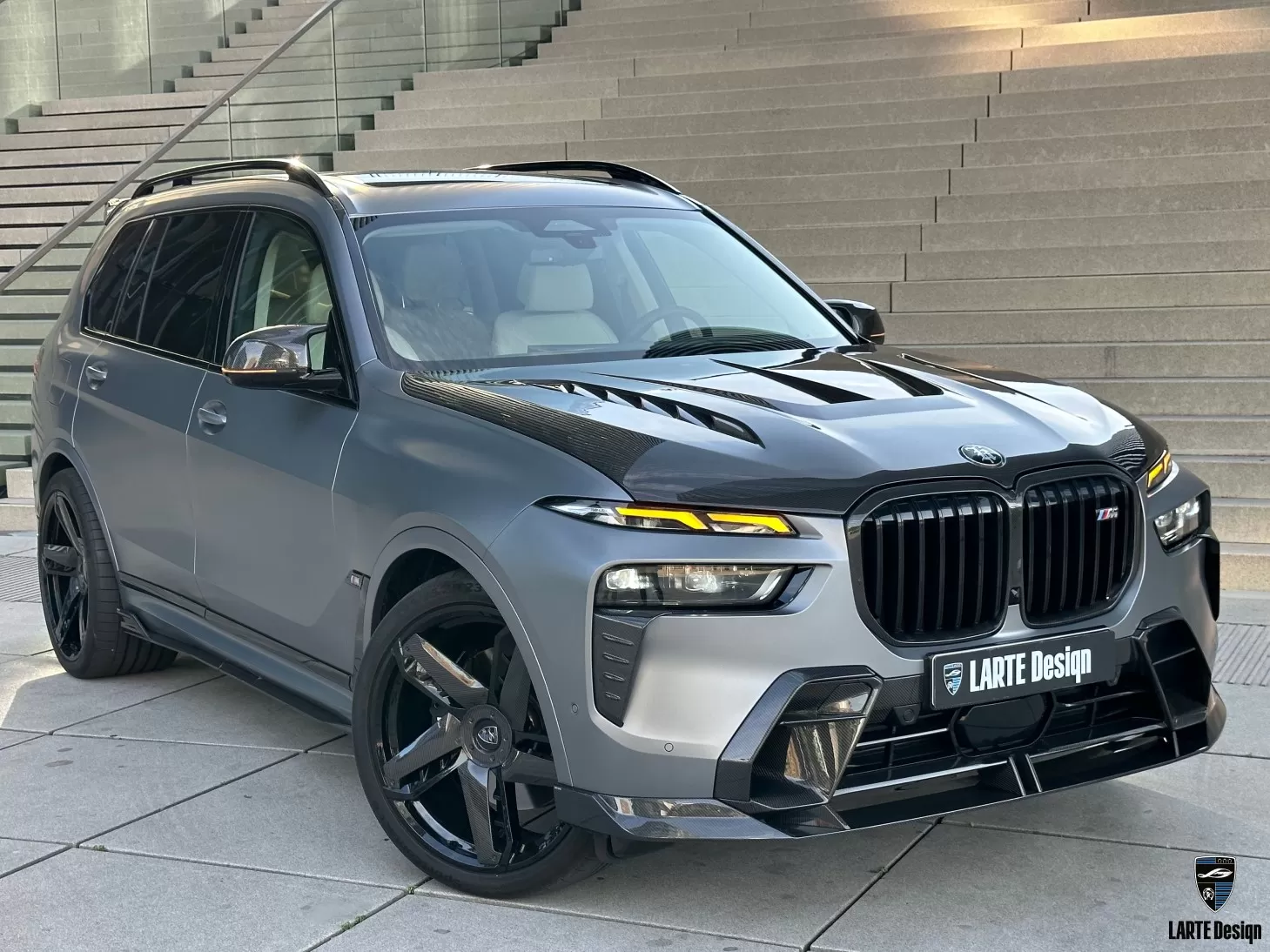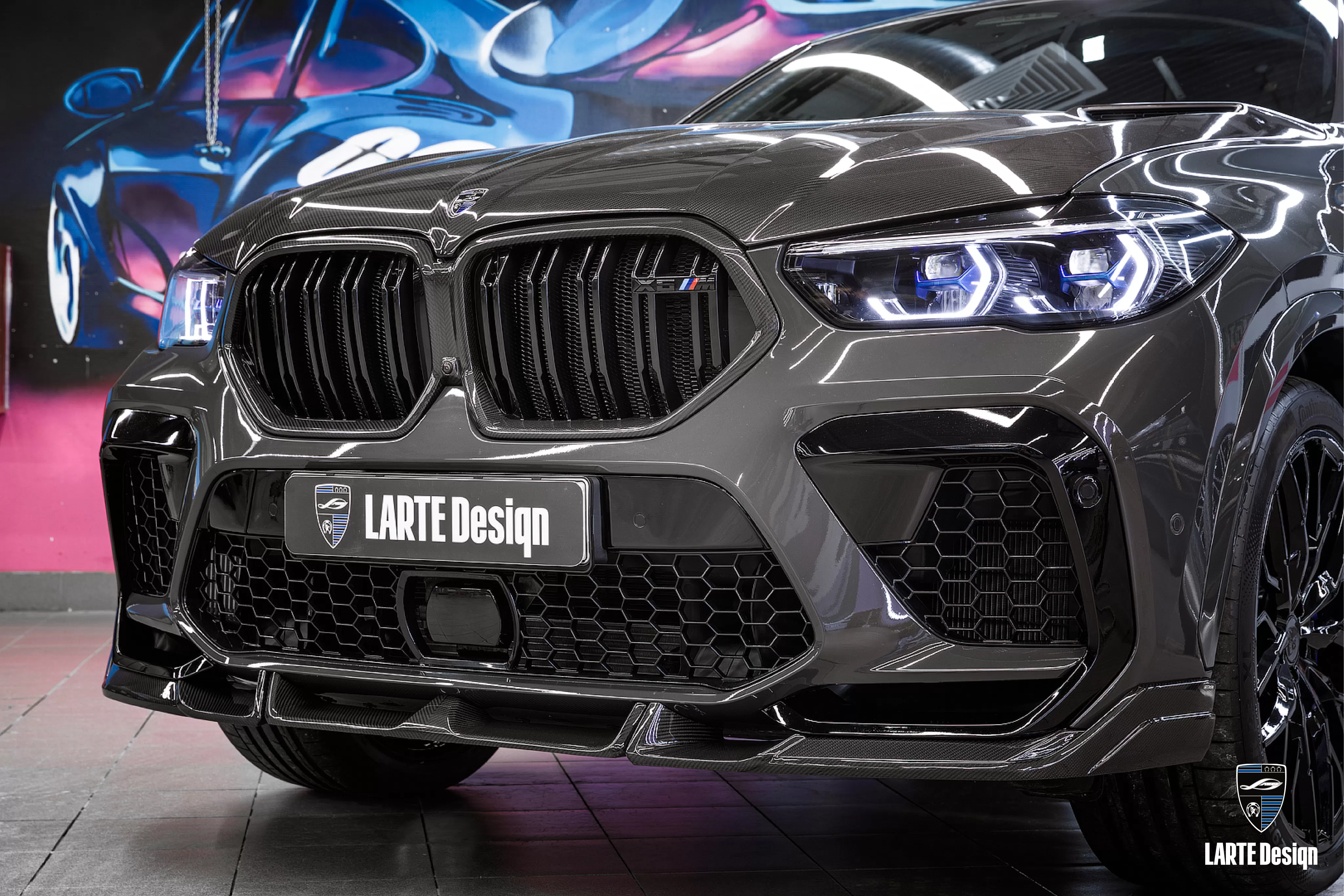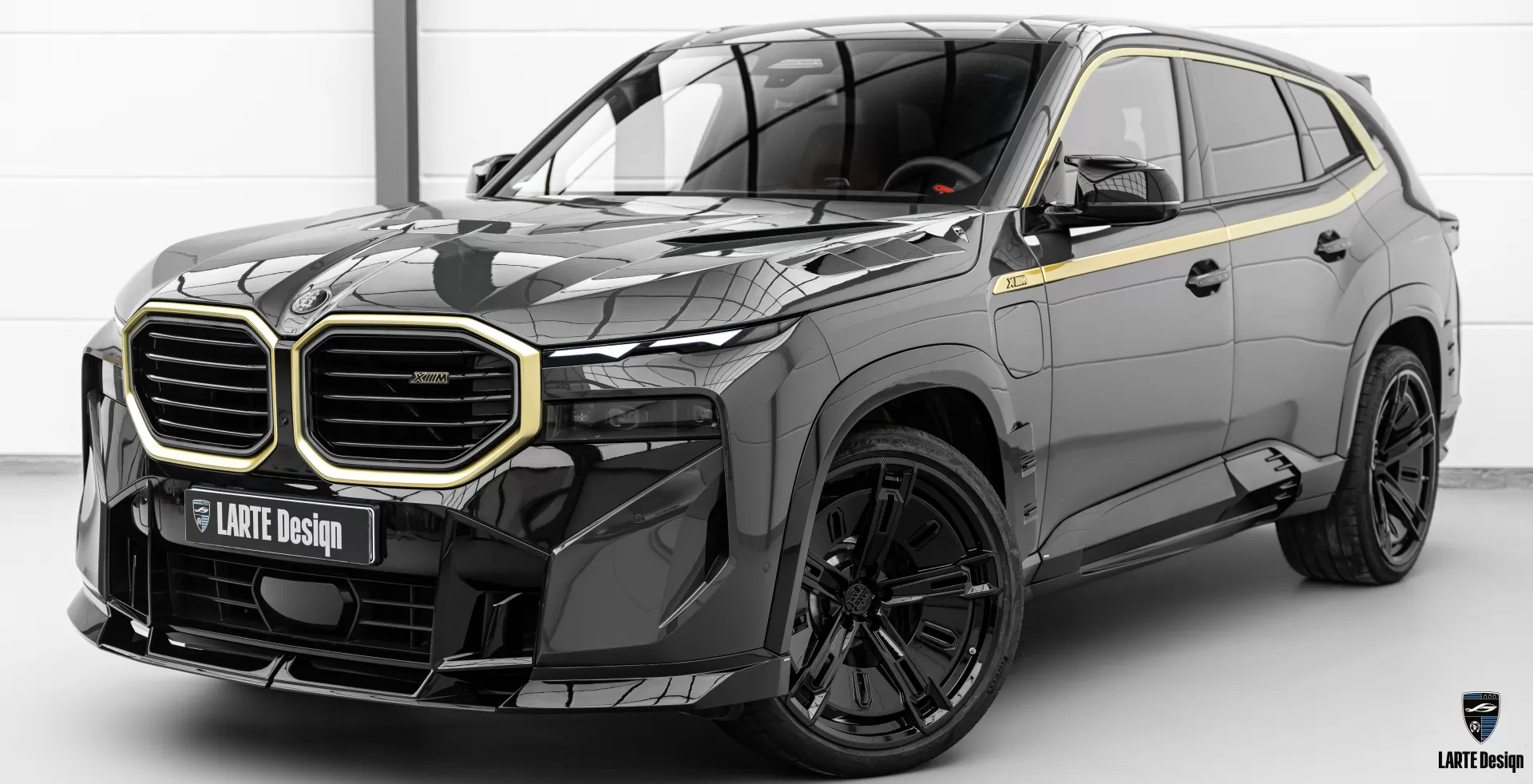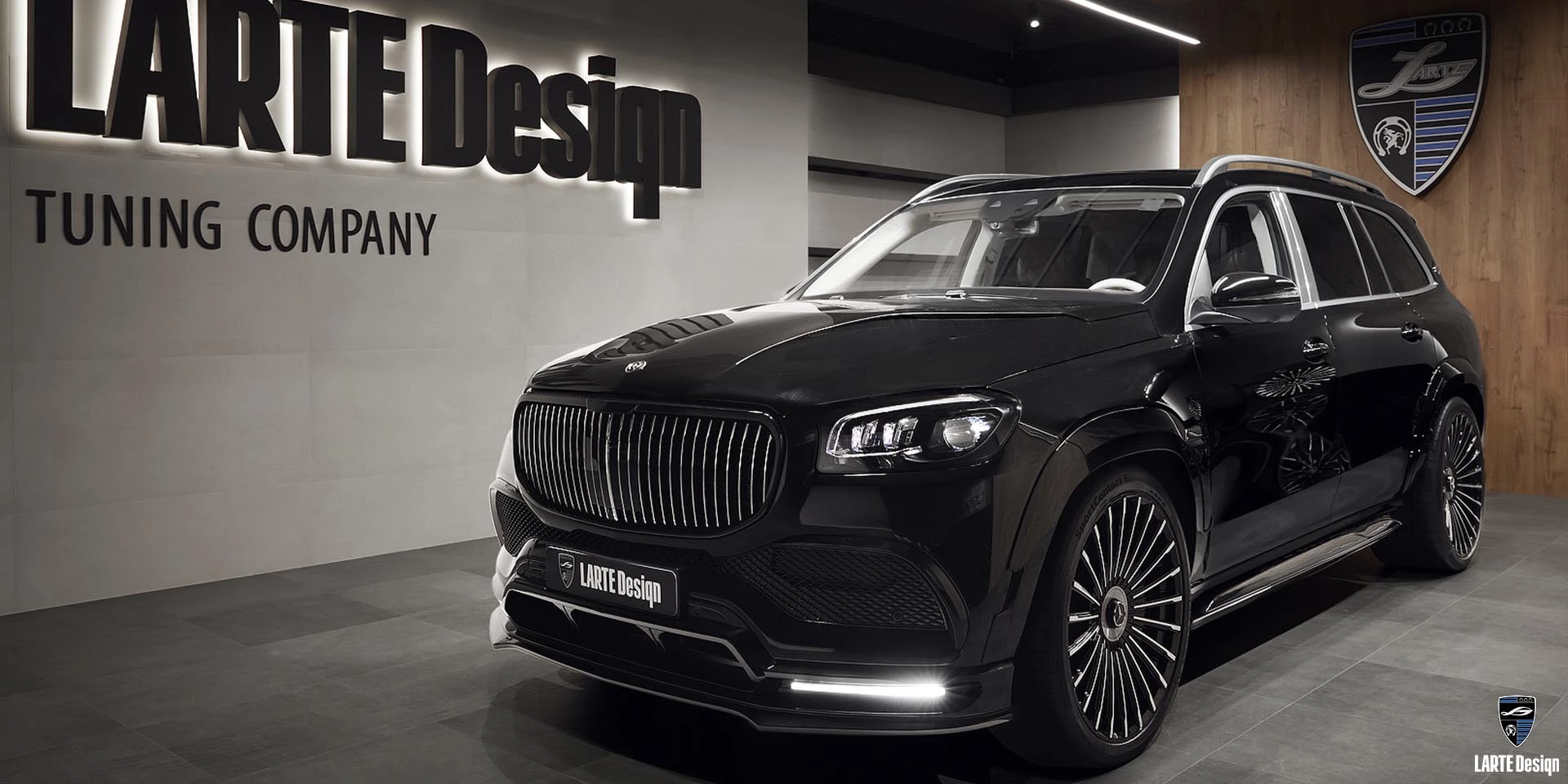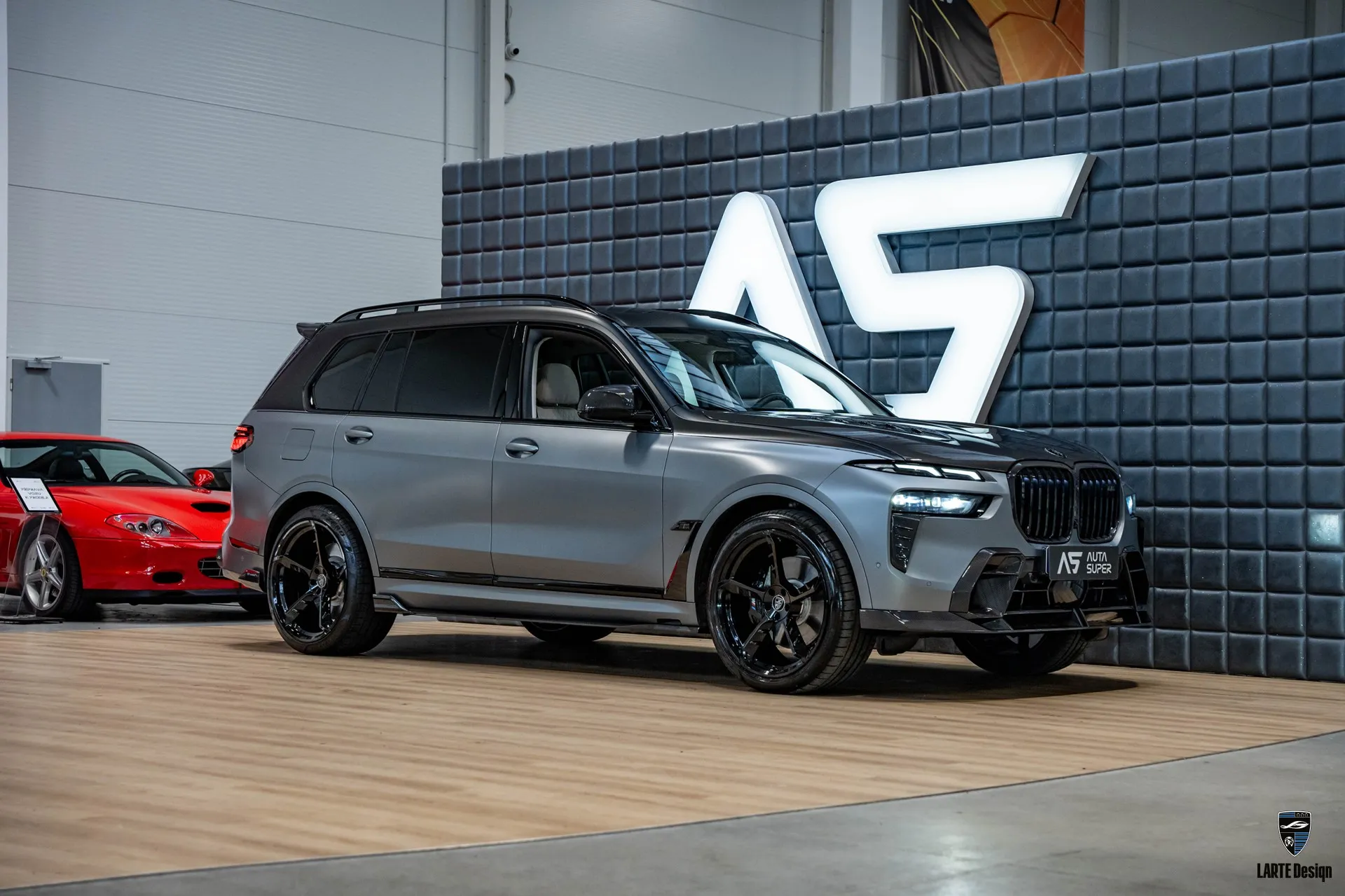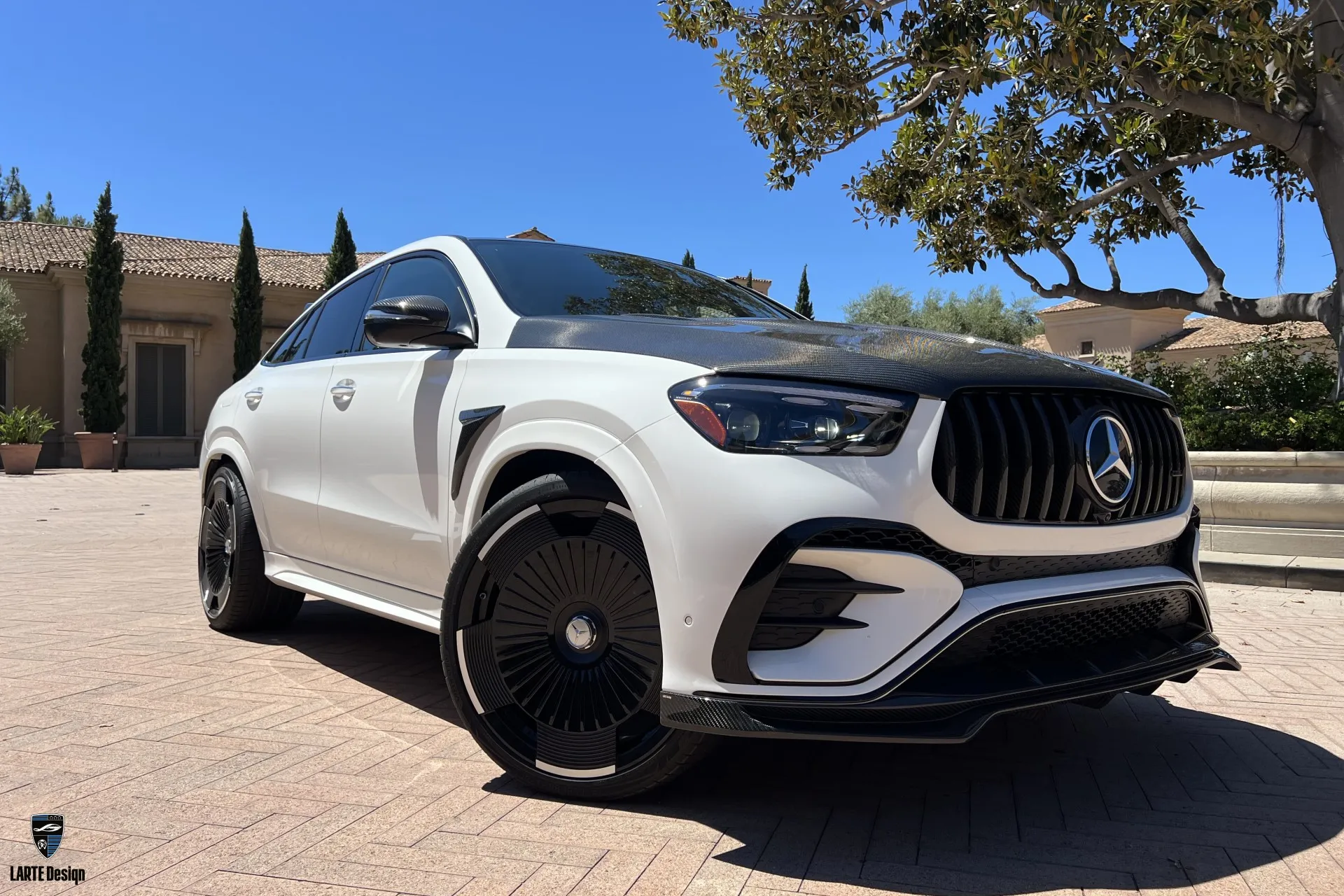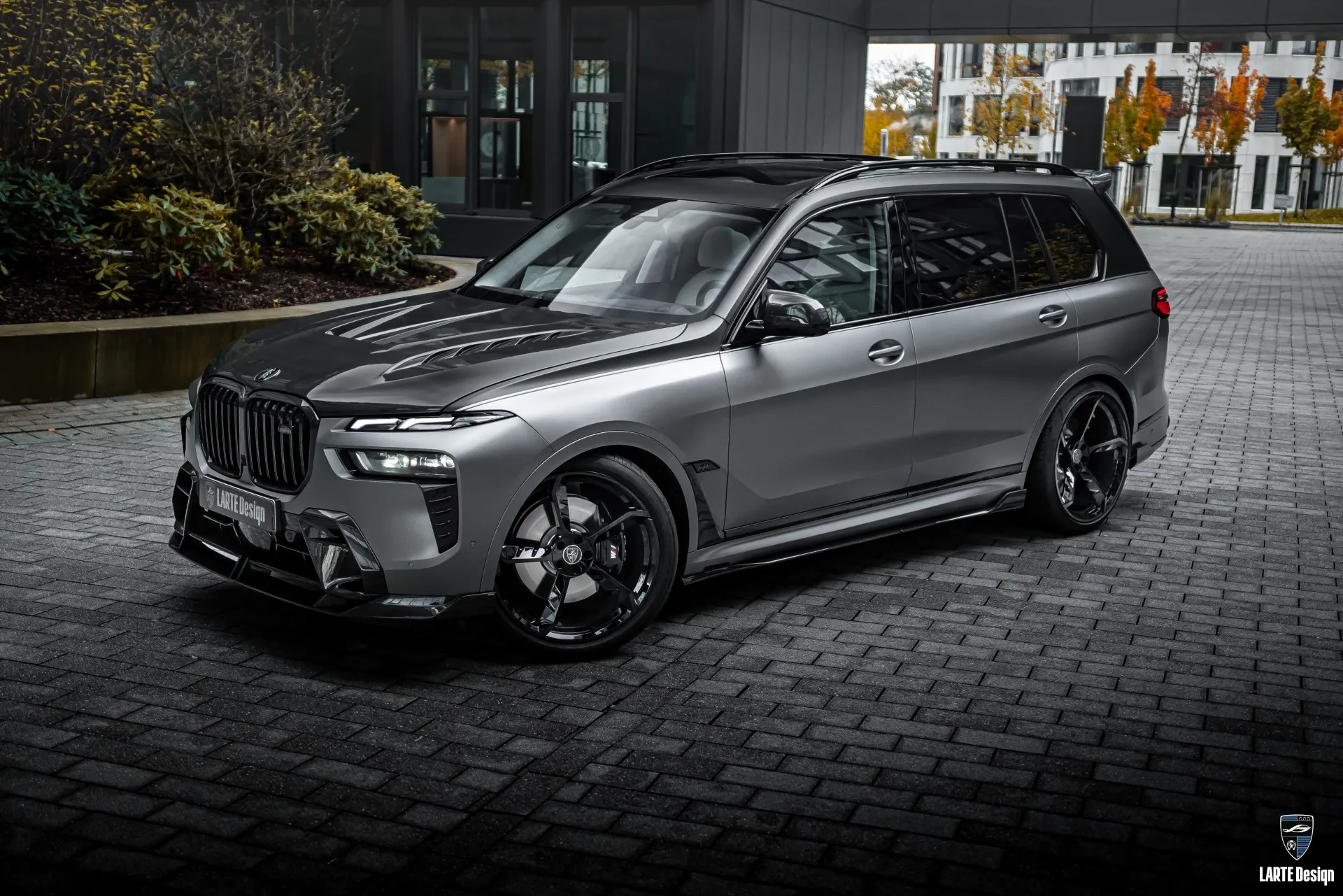Can I install a body kit myself, or do I need professional help?
While experienced DIY enthusiasts may be able to install a body kit themselves, professional installation is generally recommended, especially for complex kits or those requiring extensive modifications. Professional installation can ensure proper fitment, alignment, and a high-quality finish. Apart from that, we recommend opting for body kits, where all the materials used in the production and installation of the parts are certified properly.
Will installing a body kit void my vehicle's warranty?
Installing an aftermarket body kit may void certain aspects of your vehicle's warranty, particularly if the installation process requires modifications to the vehicle's structure or components covered by the warranty. It's essential to make sure the kit you choose upholds your vehicle warranty.
How long does it typically take to install a body kit?
The installation time for a body kit can vary widely depending on the complexity of the kit, the experience of the installer, and whether any additional modifications are required. A simple, bolt-on kit may take a few hours, while a complex kit requiring extensive bodywork could take days. At LARTE Design, installing body kits that require electric settings can take up to three business days. Make sure to let the adhesive dry completely and follow all the final recommendations, such as not washing the car for several days.
Can I mix and match components from different body kits?
While it's generally not recommended to mix and match components from different body kits, as fitment and compatibility issues may arise, some enthusiasts choose to do so to create a unique, customized look. If you decide to mix components to create a unique look, make sure to ascertain their quality. The ideal decision is to choose parts from one manufacturer, offering different options in material and final finish to create the look you want.
How long will a body kit last?
The longevity of a body kit depends on several factors, including the quality of materials used, the installation process, and the level of care and maintenance provided. High-quality kits made from durable materials like carbon fiber or premium fiberglass and installed professionally can last for many years with proper care. Lower-quality kits or those subjected to harsh conditions may need to be replaced sooner. That is one more reason to choose a body kit company that offers a kit guarantee and opt for premium materials.
Can I install a body kit myself, or do I need professional help?
While experienced DIY enthusiasts may be able to install a body kit themselves, professional installation is generally recommended, especially for complex kits or those requiring extensive modifications. Professional installation can ensure proper fitment, alignment, and a high-quality finish. Apart from that, we recommend opting for body kits, where all the materials used in the production and installation of the parts are certified properly.
Will installing a body kit void my vehicle's warranty?
Installing an aftermarket body kit may void certain aspects of your vehicle's warranty, particularly if the installation process requires modifications to the vehicle's structure or components covered by the warranty. It's essential to make sure the kit you choose upholds your vehicle warranty.
How long does it typically take to install a body kit?
The installation time for a body kit can vary widely depending on the complexity of the kit, the experience of the installer, and whether any additional modifications are required. A simple, bolt-on kit may take a few hours, while a complex kit requiring extensive bodywork could take days. At LARTE Design, installing body kits that require electric settings can take up to three business days. Make sure to let the adhesive dry completely and follow all the final recommendations, such as not washing the car for several days.
Can I mix and match components from different body kits?
While it's generally not recommended to mix and match components from different body kits, as fitment and compatibility issues may arise, some enthusiasts choose to do so to create a unique, customized look. If you decide to mix components to create a unique look, make sure to ascertain their quality. The ideal decision is to choose parts from one manufacturer, offering different options in material and final finish to create the look you want.
How long will a body kit last?
The longevity of a body kit depends on several factors, including the quality of materials used, the installation process, and the level of care and maintenance provided. High-quality kits made from durable materials like carbon fiber or premium fiberglass and installed professionally can last for many years with proper care. Lower-quality kits or those subjected to harsh conditions may need to be replaced sooner. That is one more reason to choose a body kit company that offers a kit guarantee and opt for premium materials.

